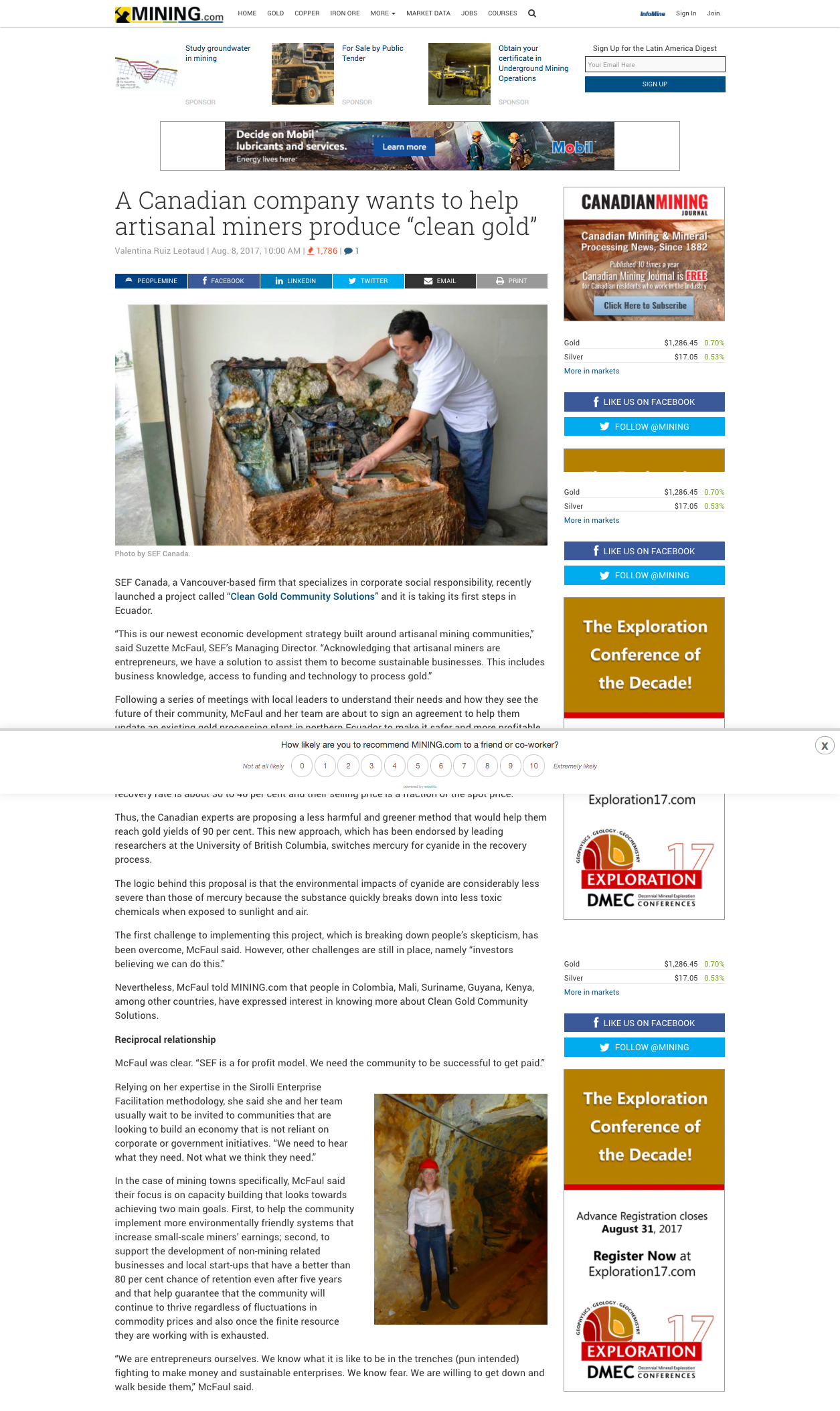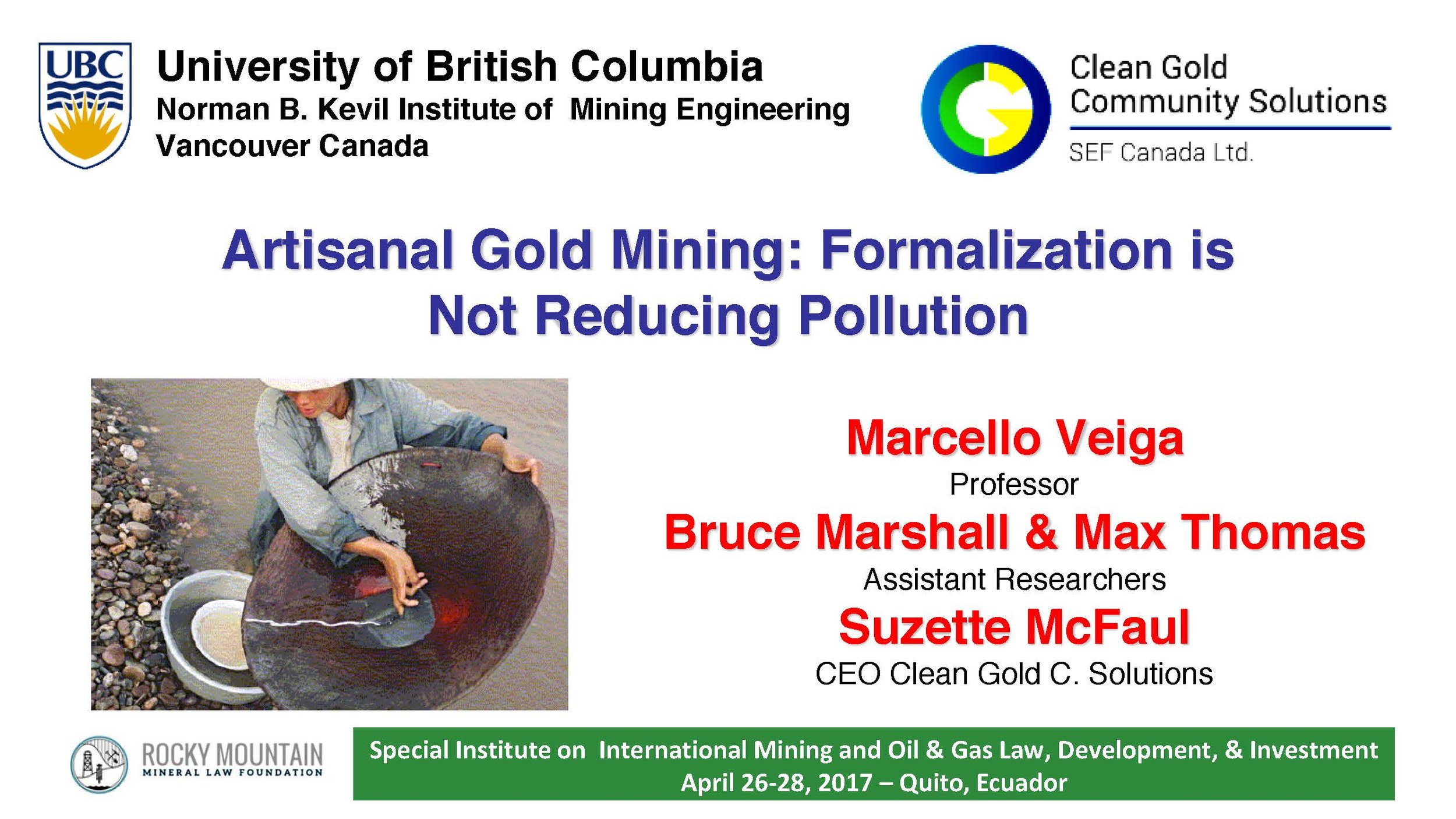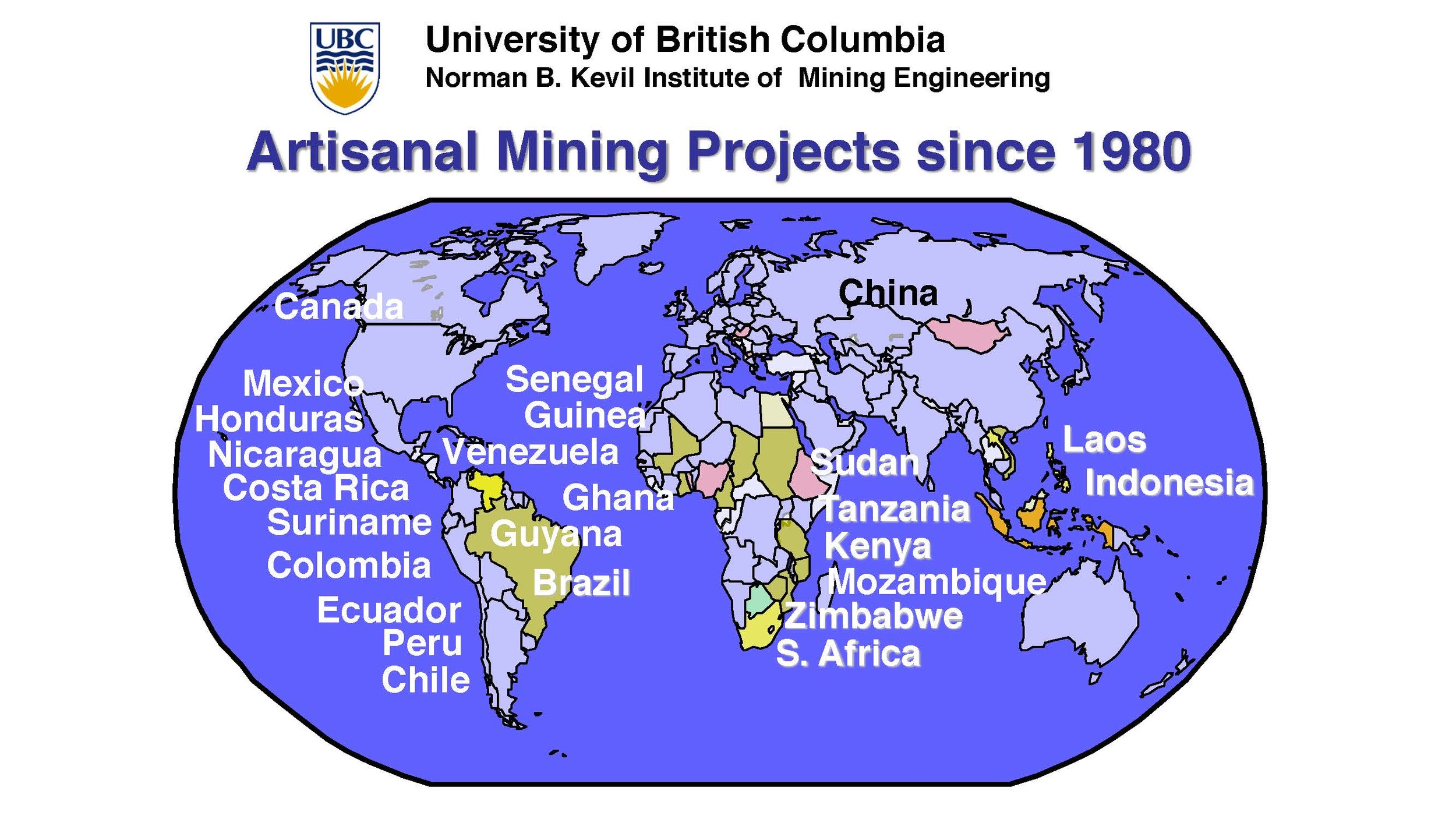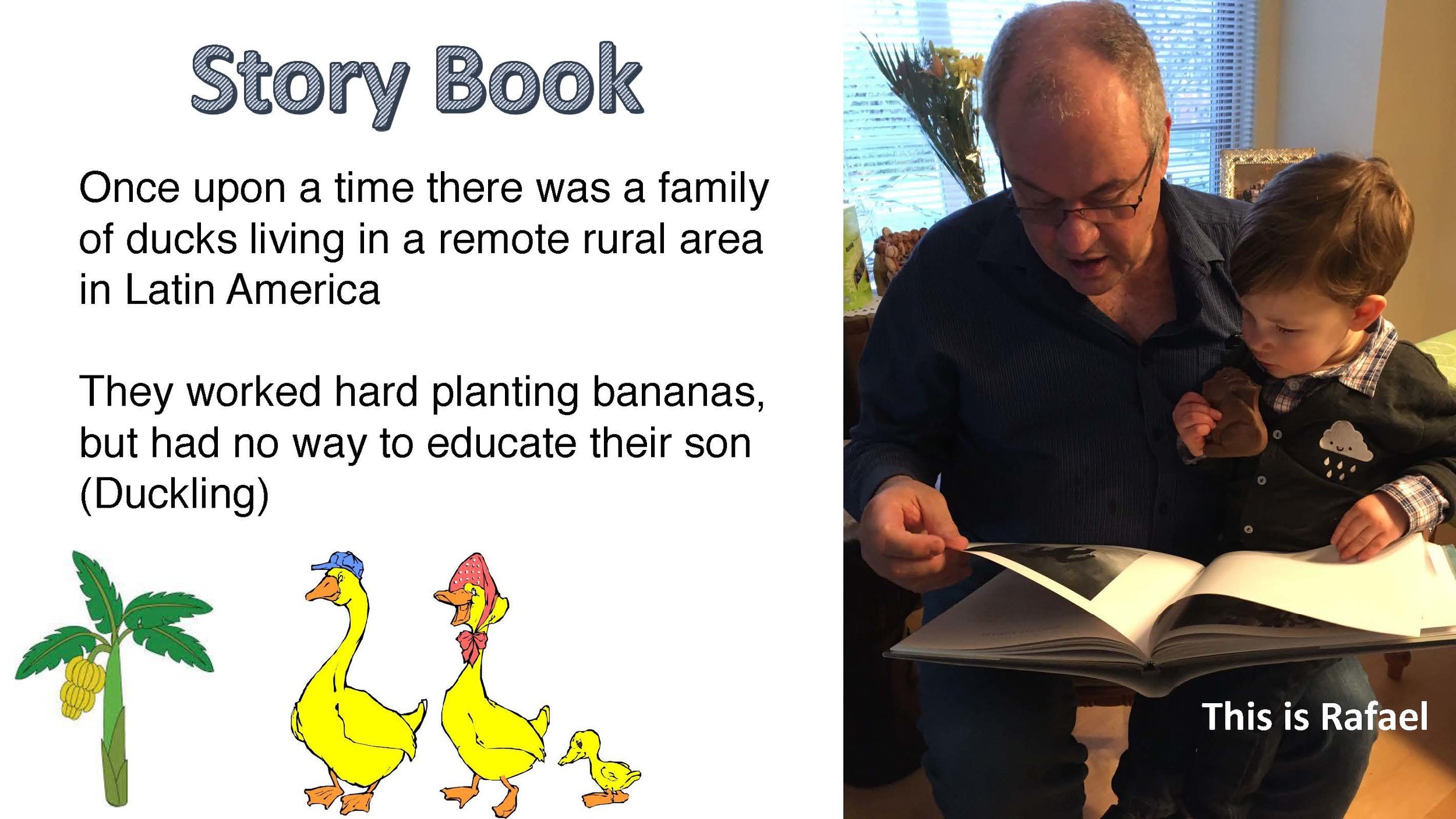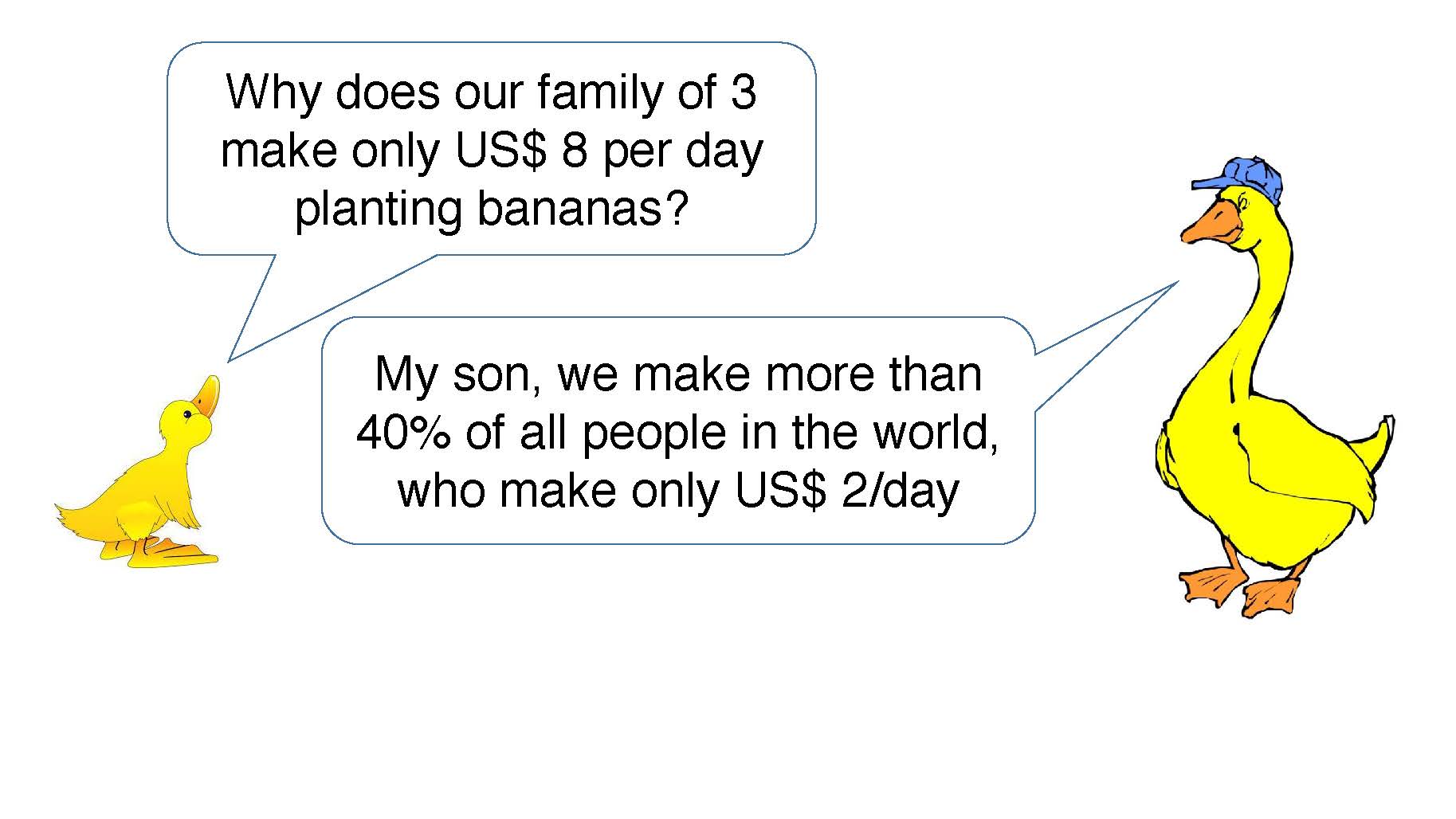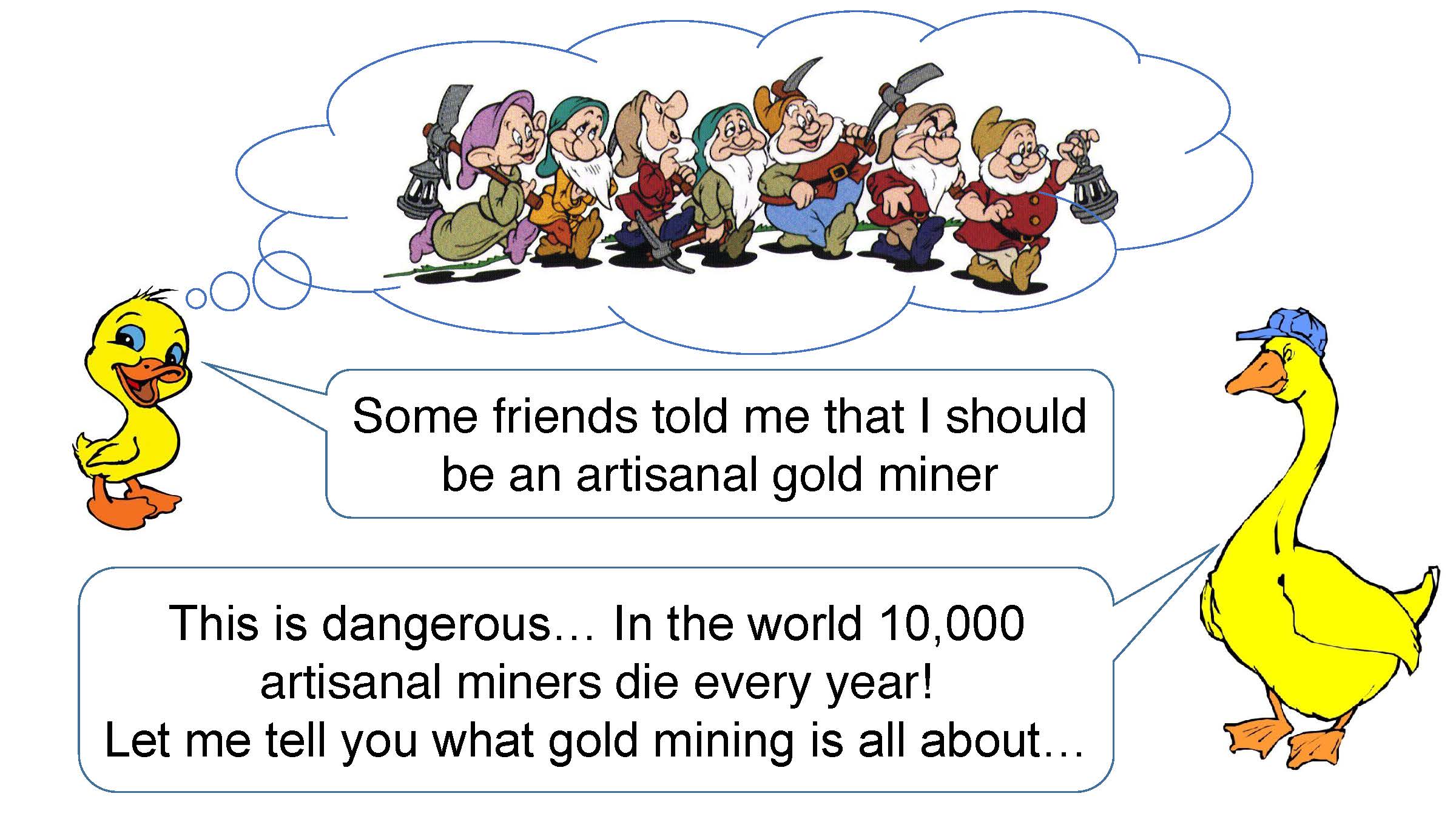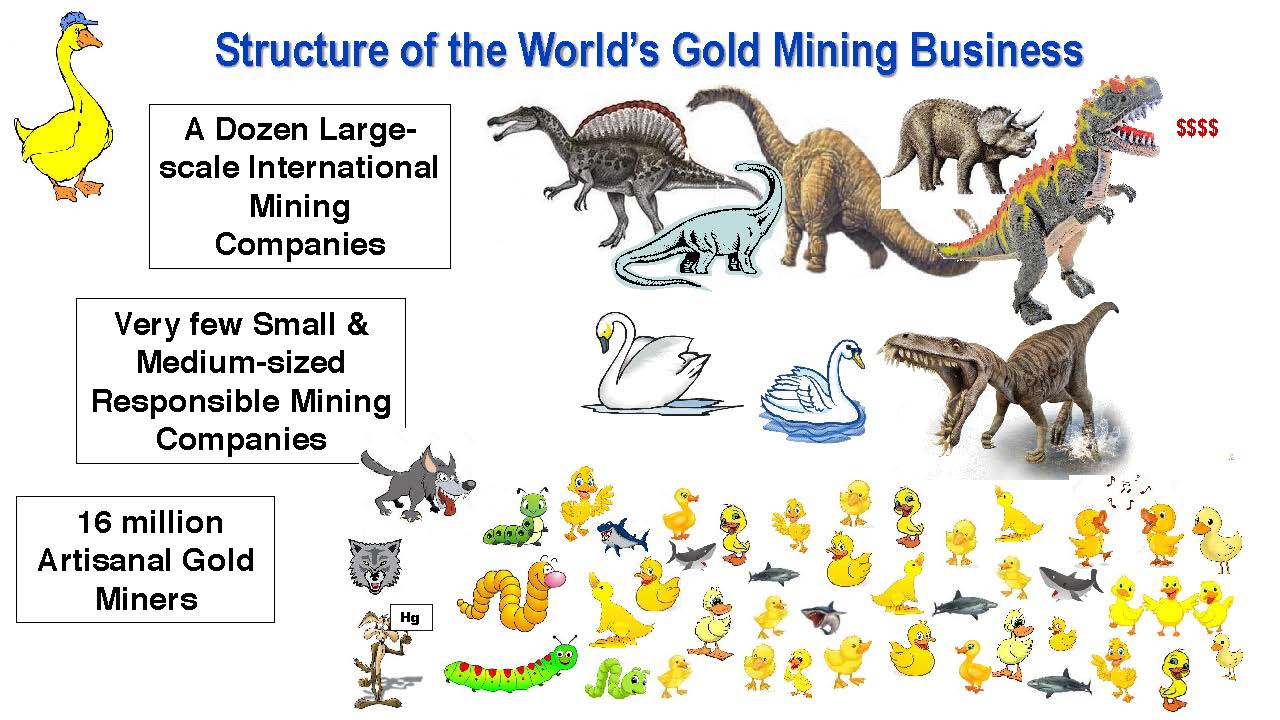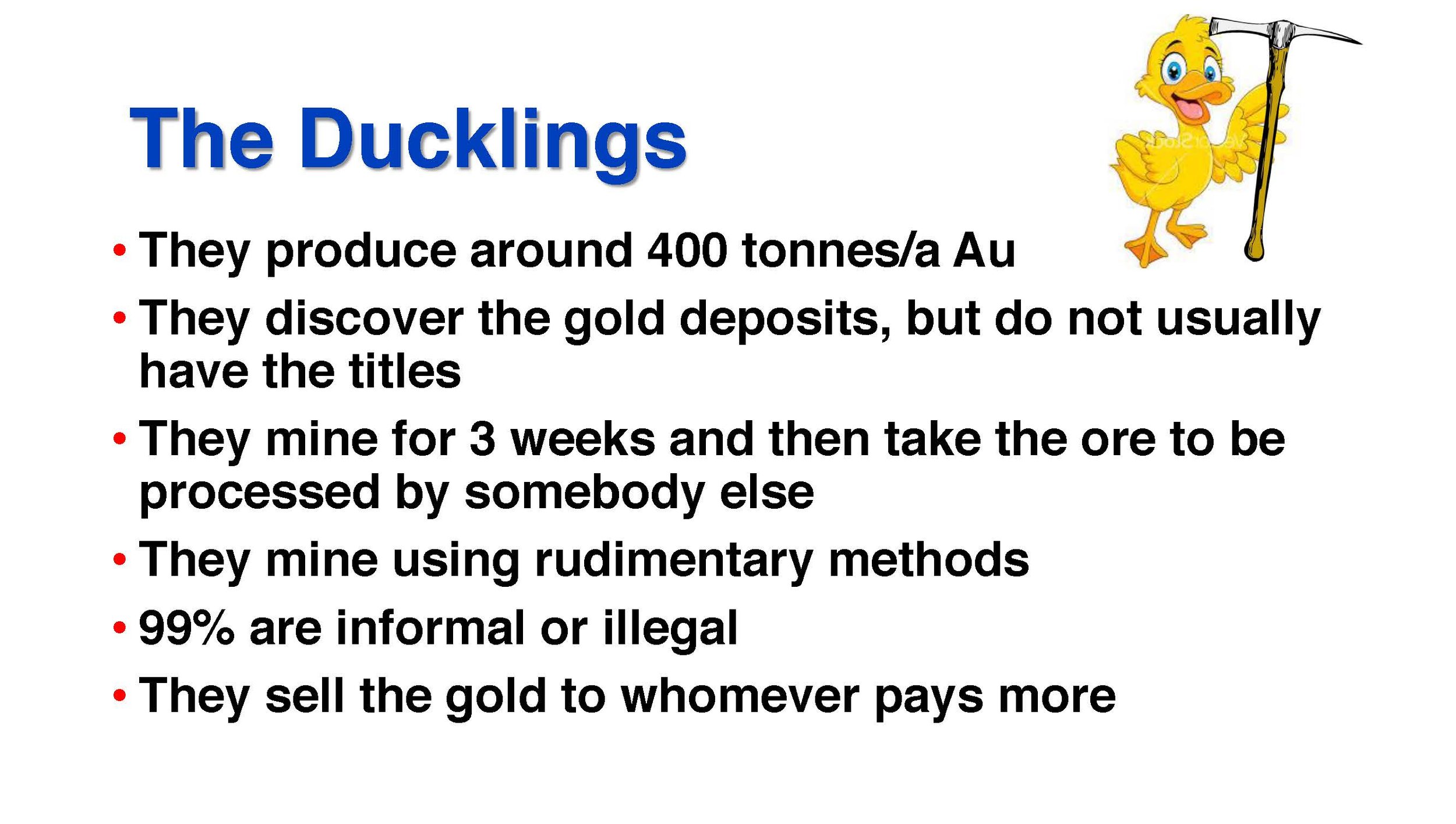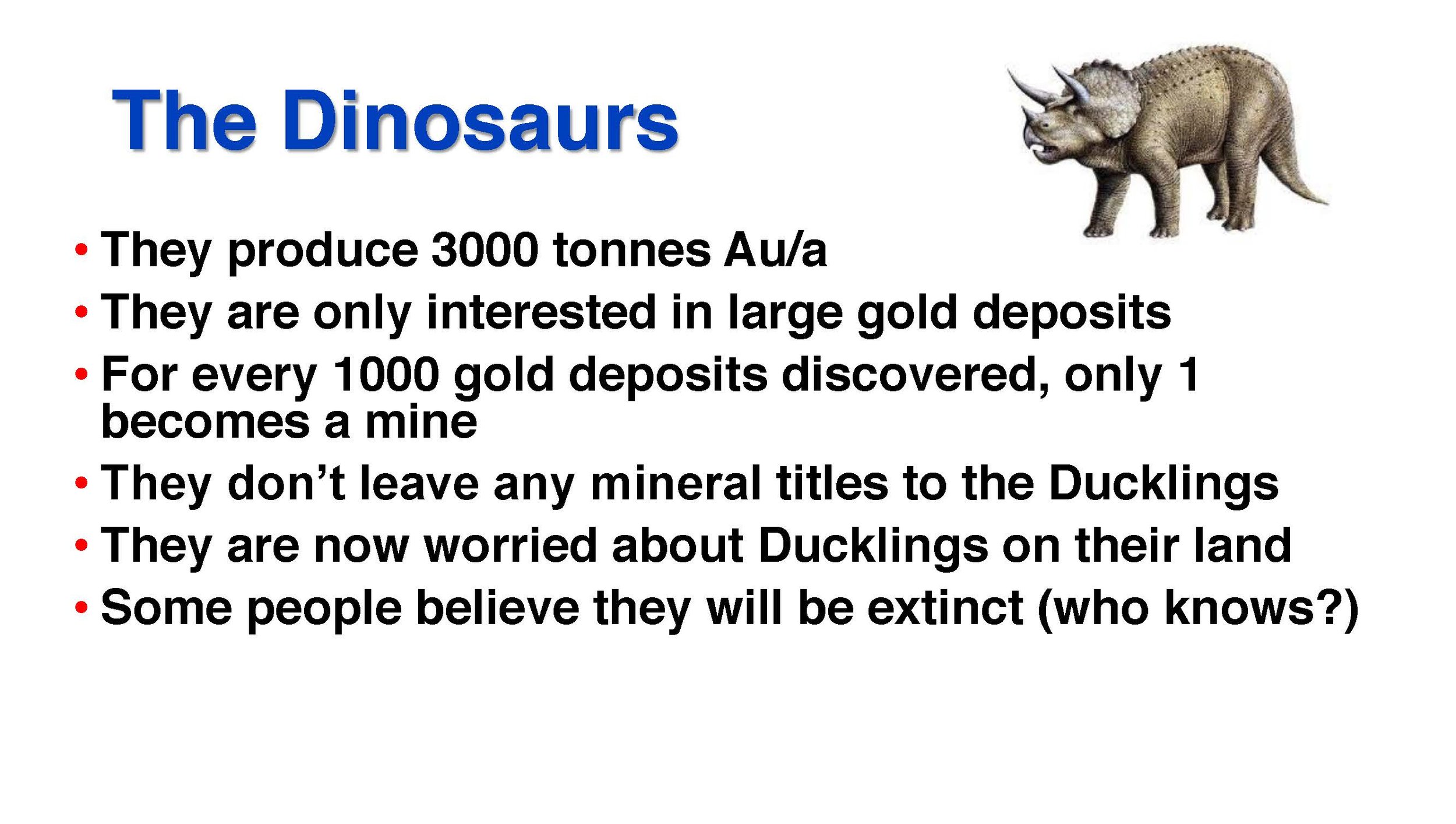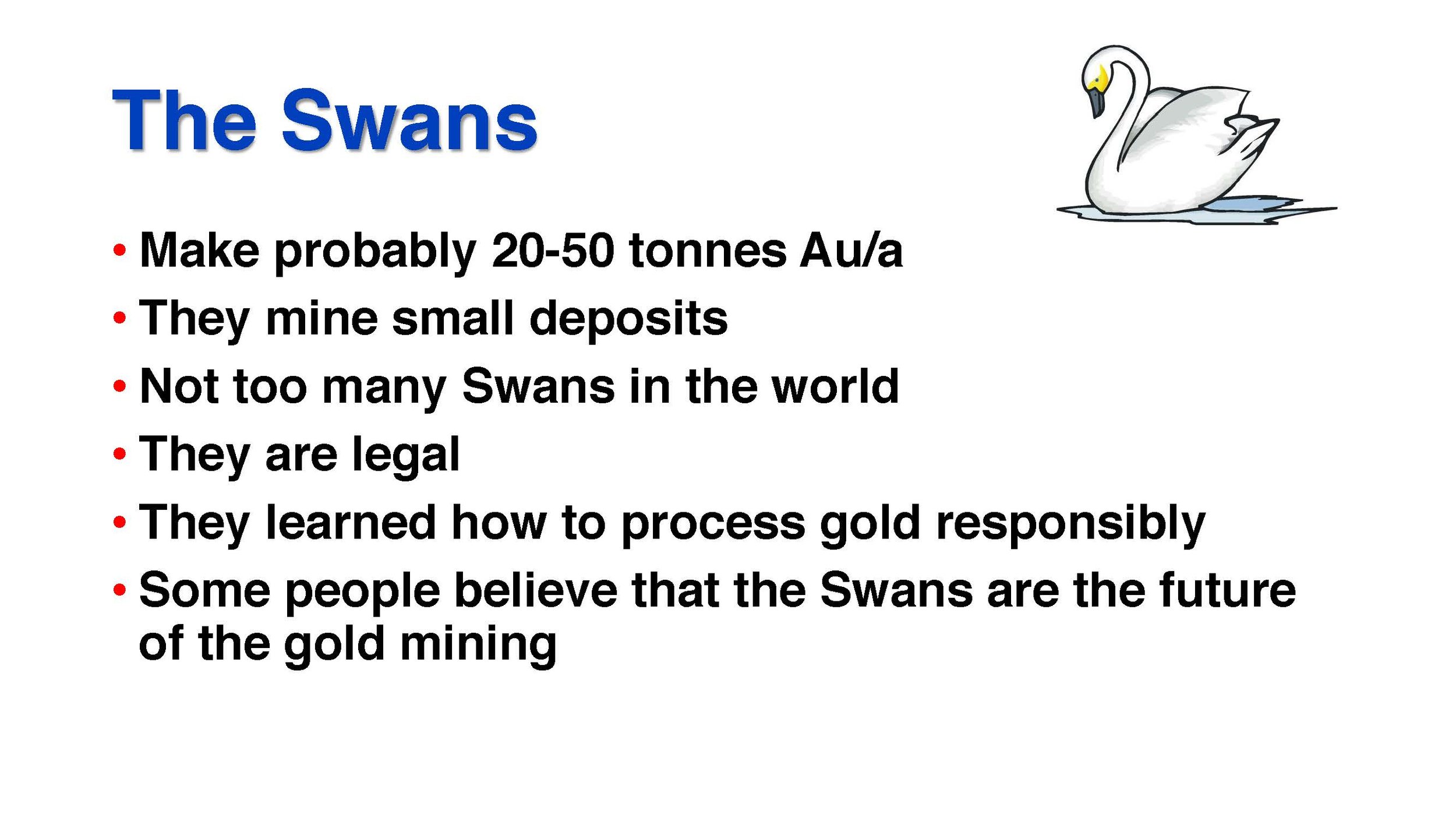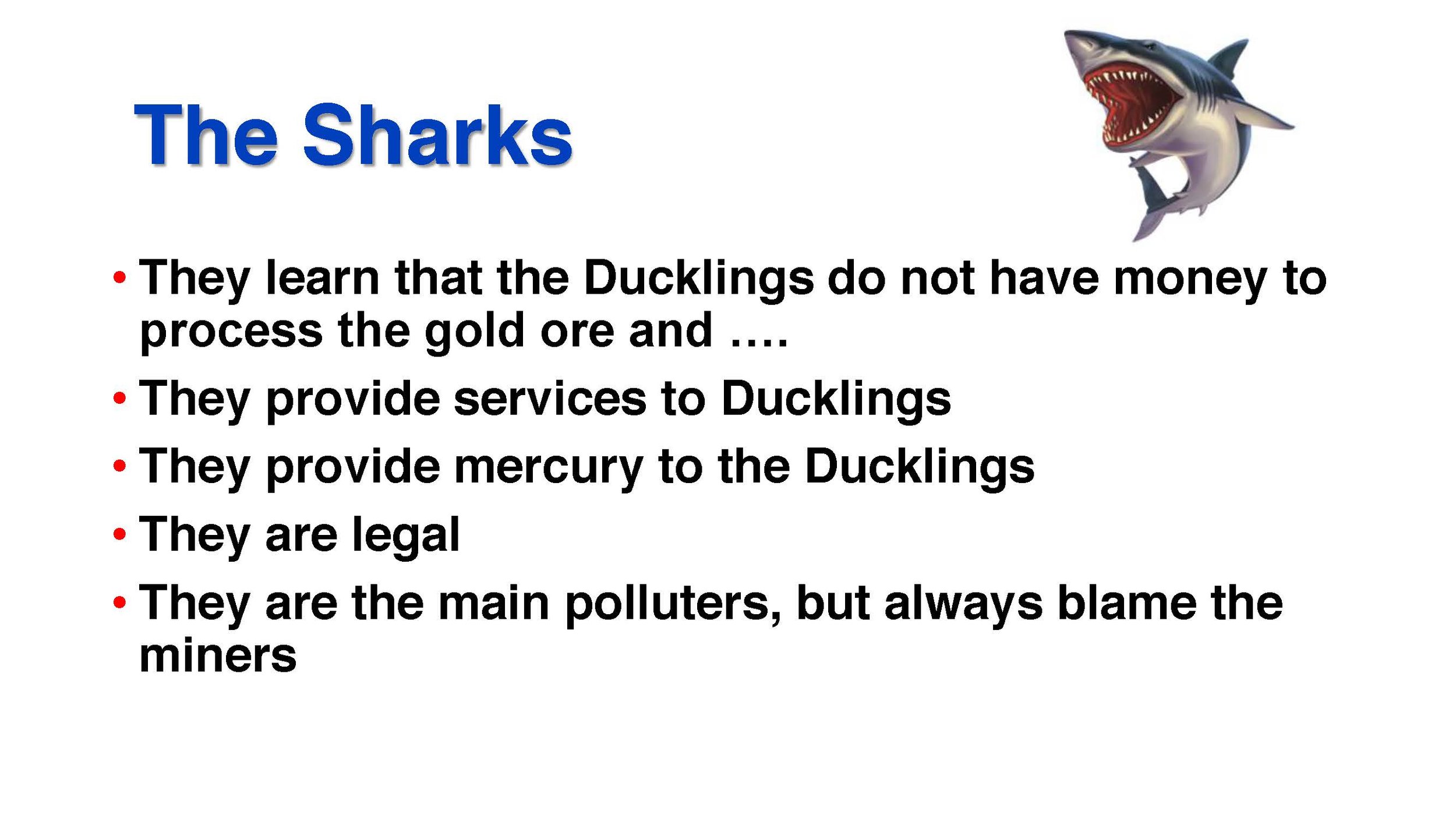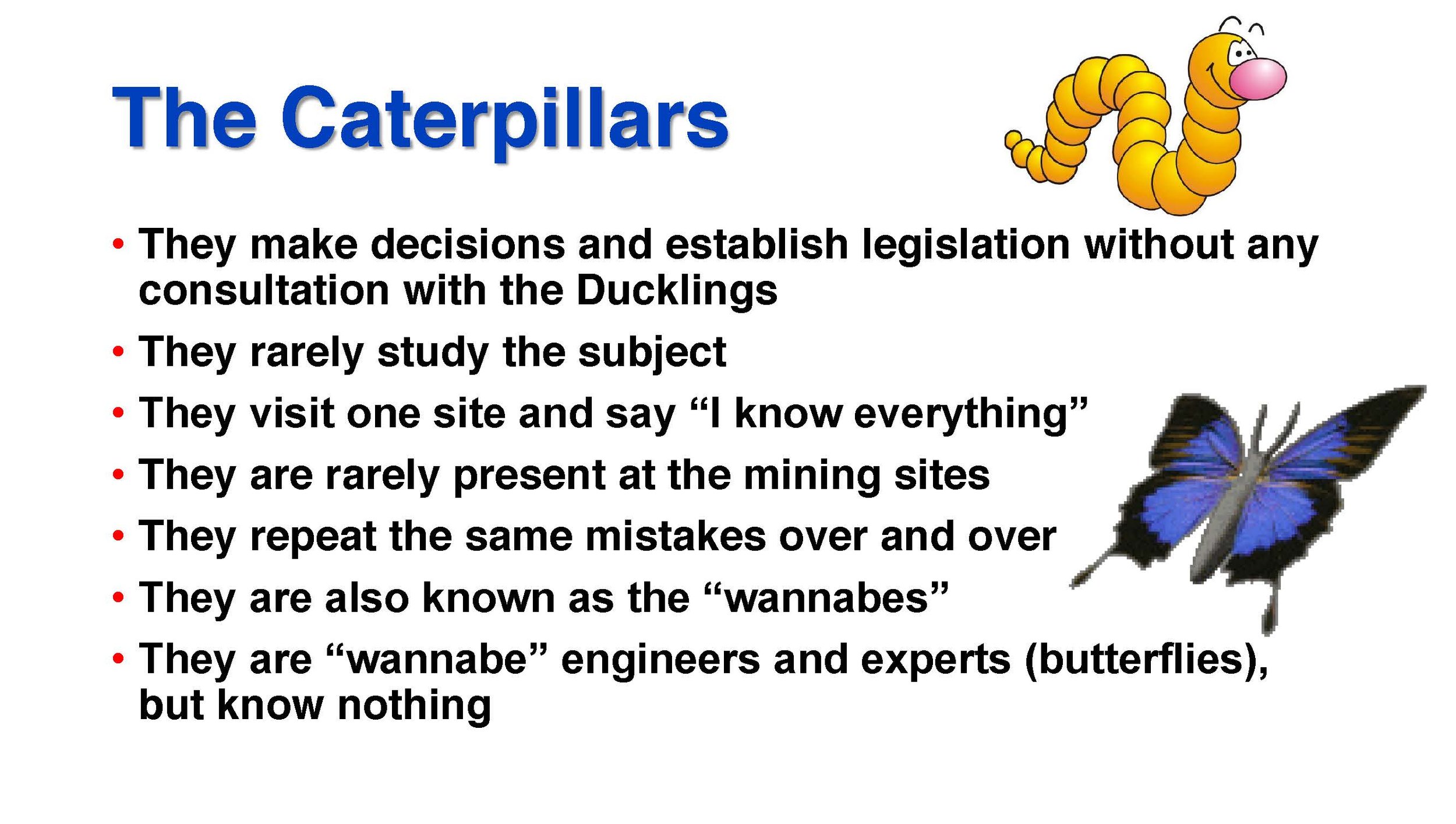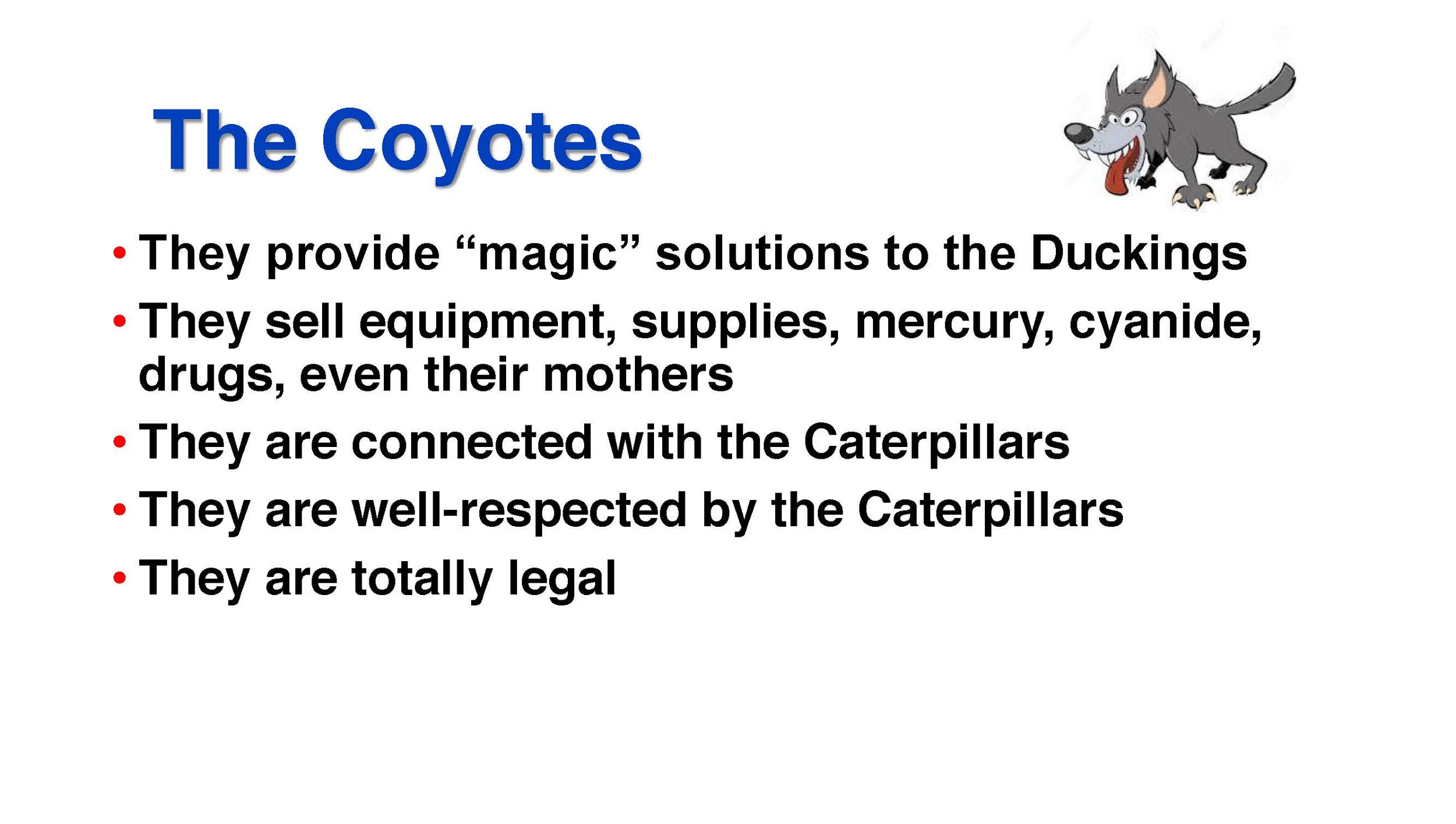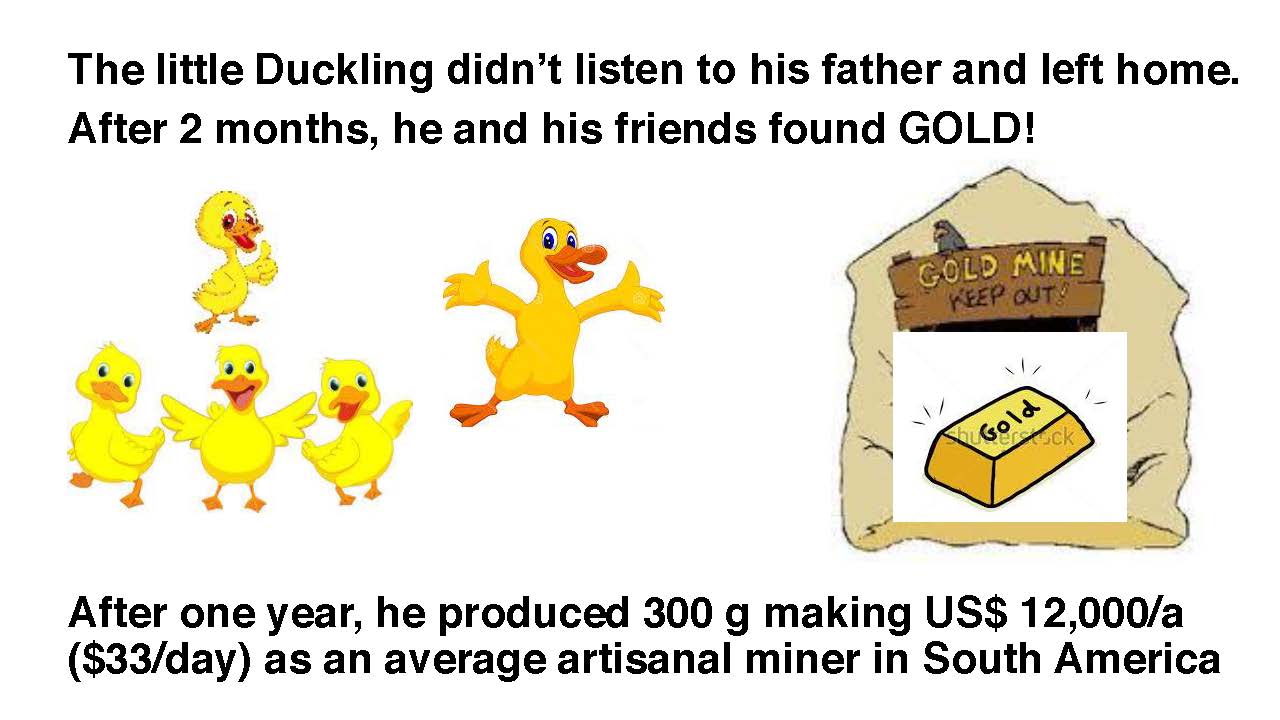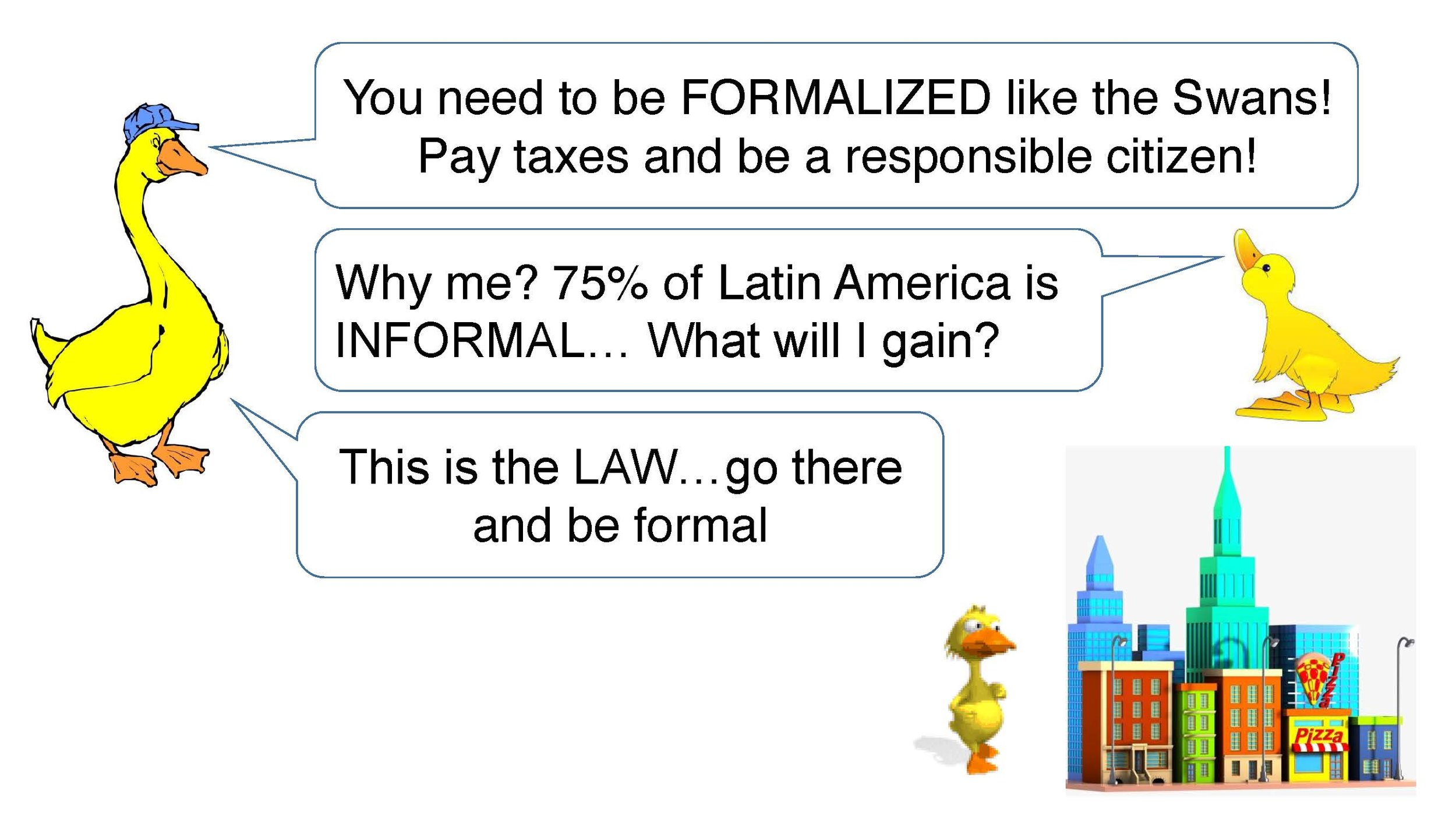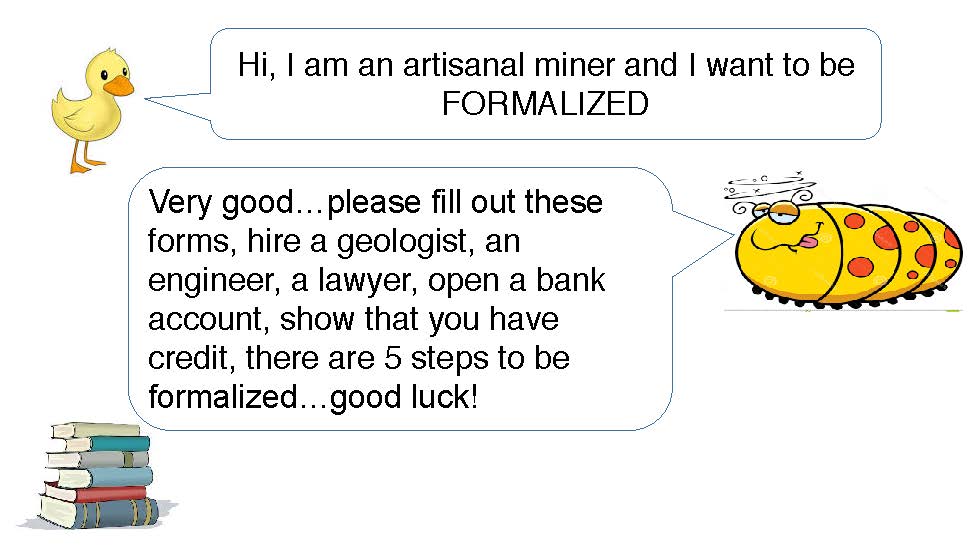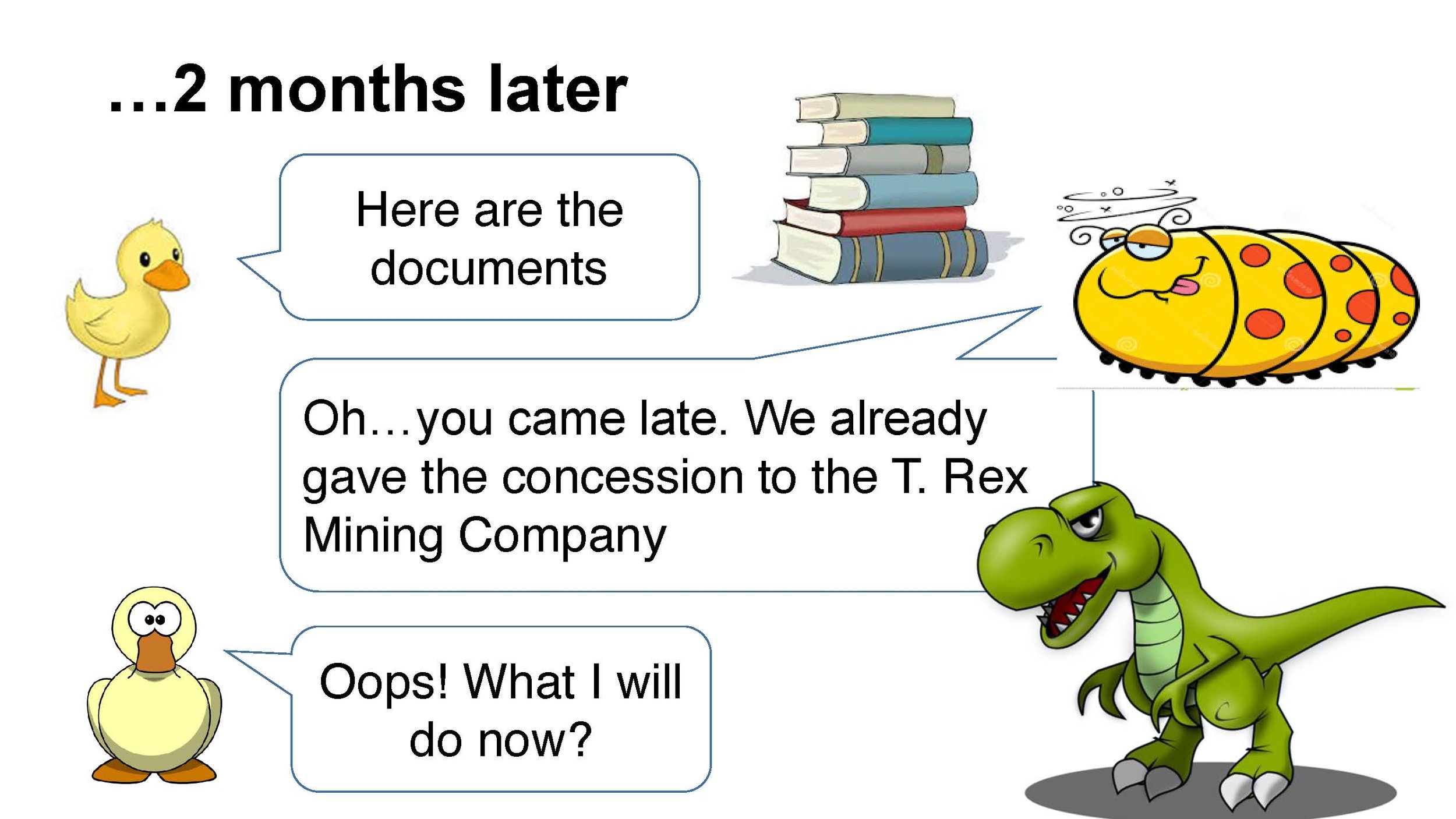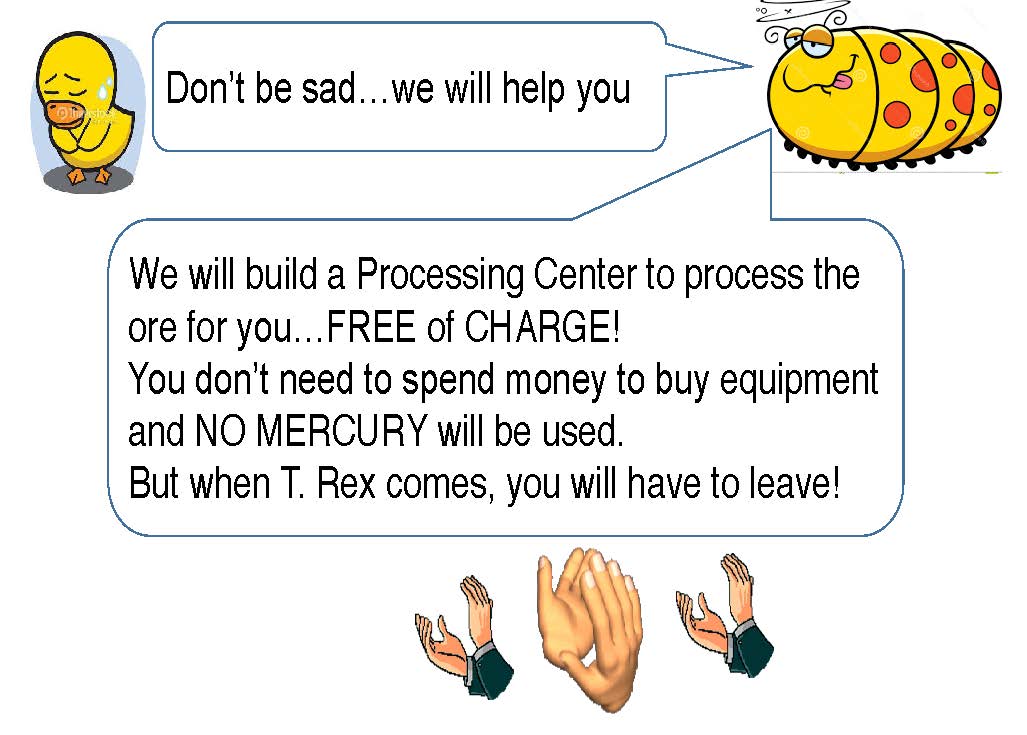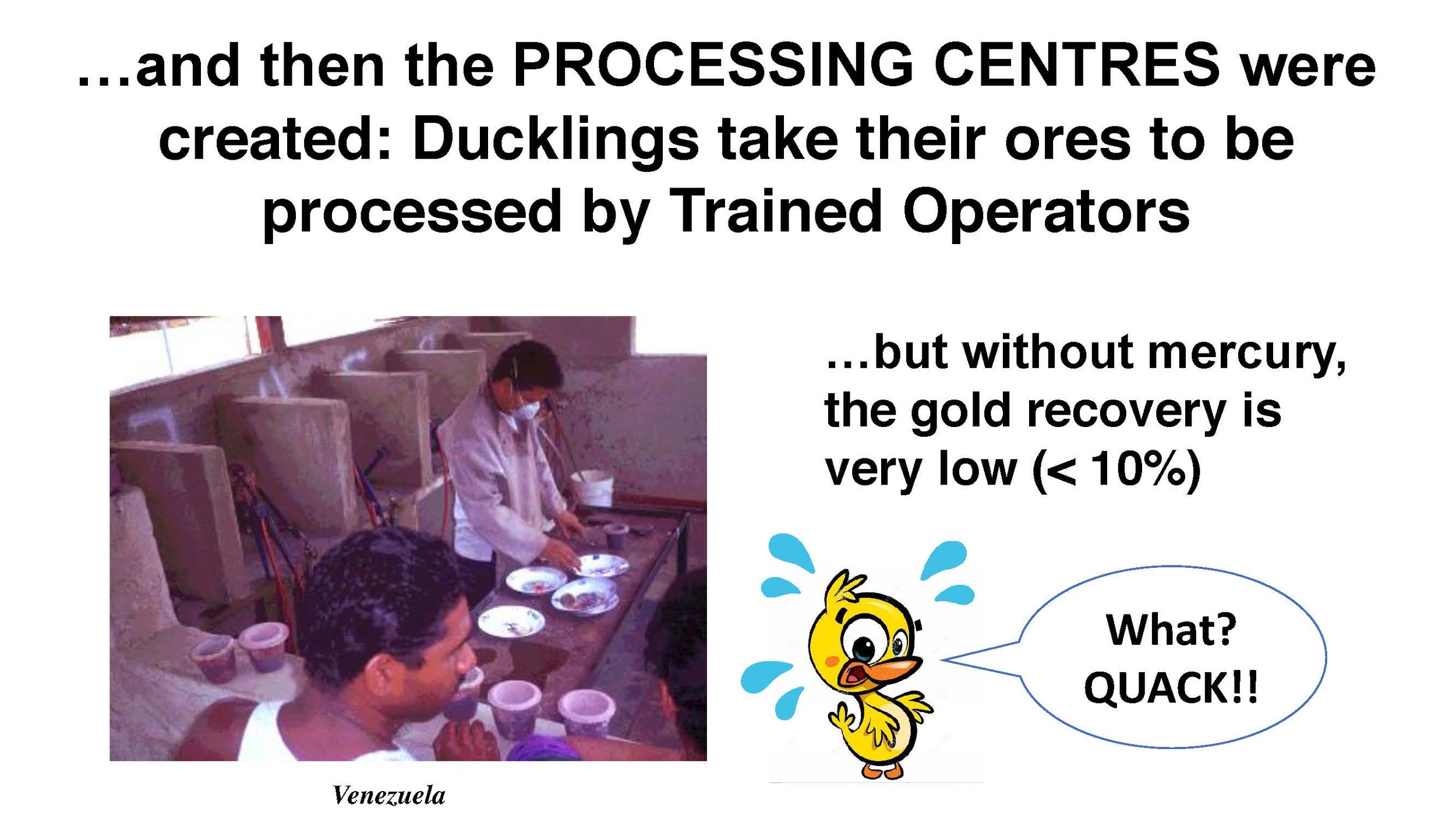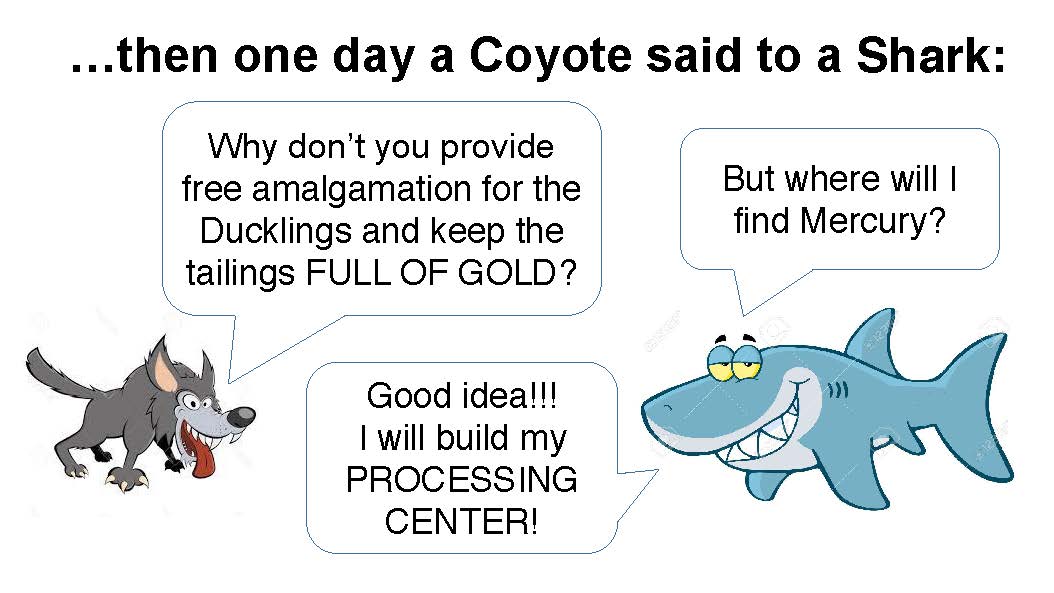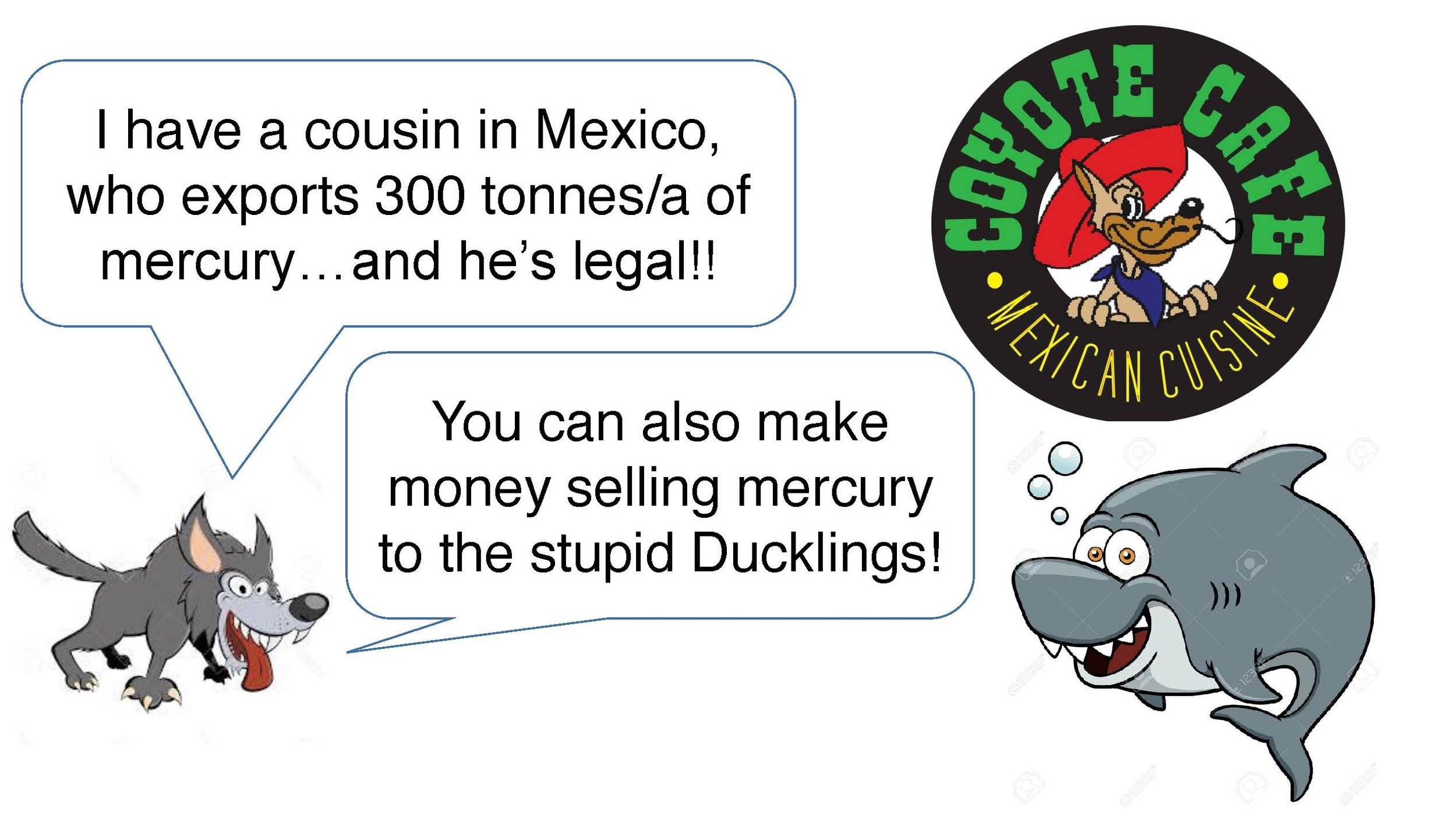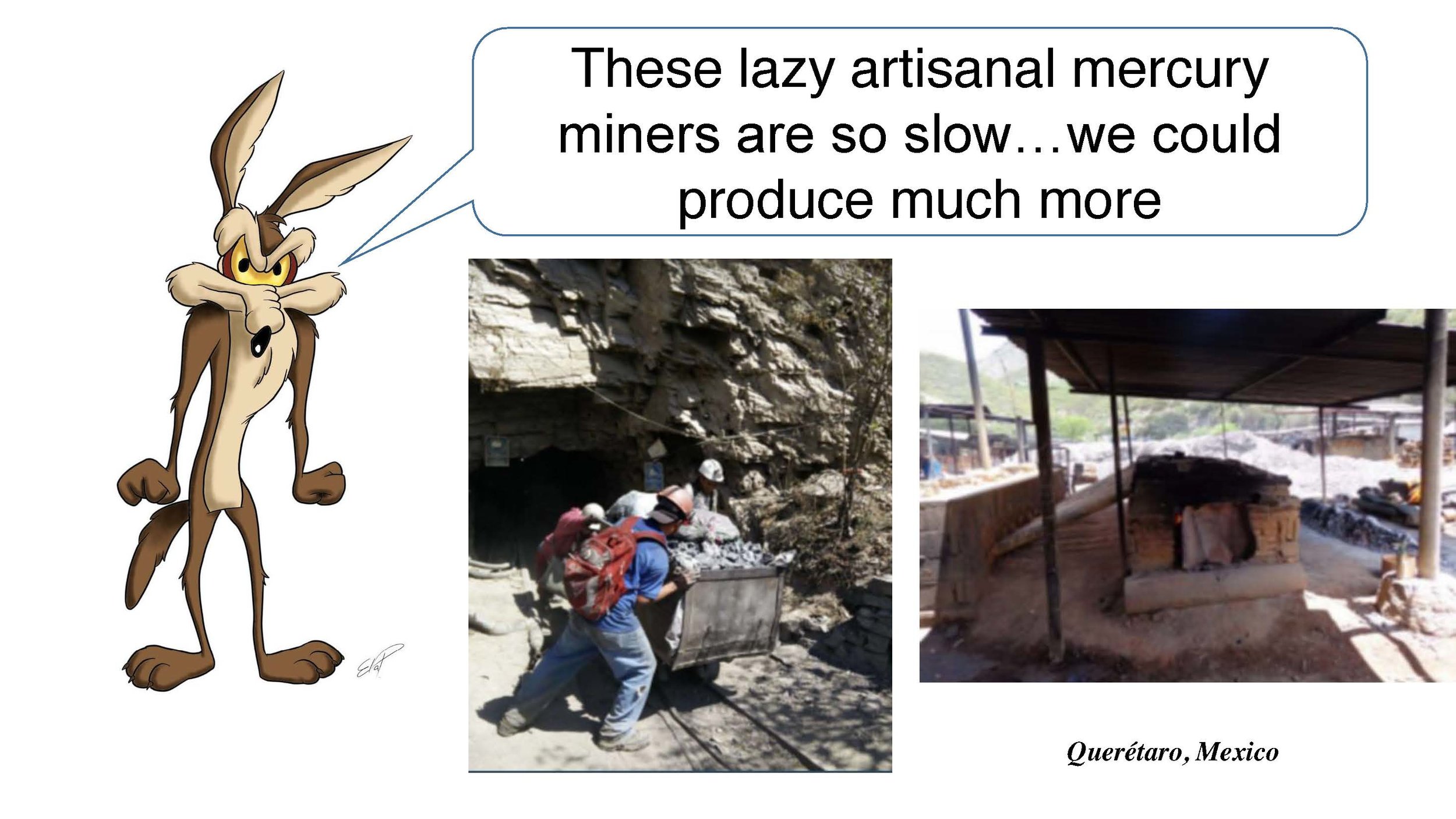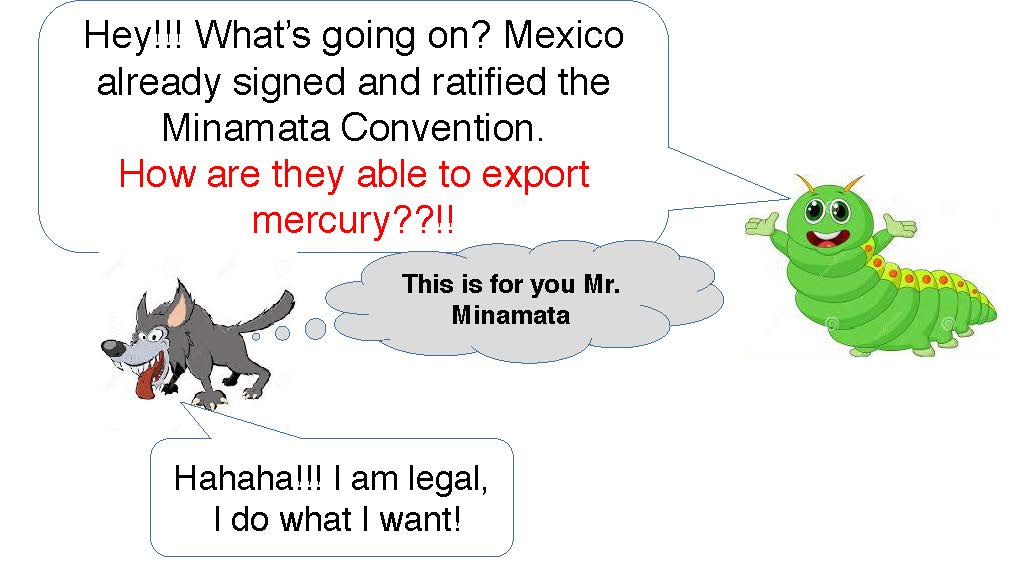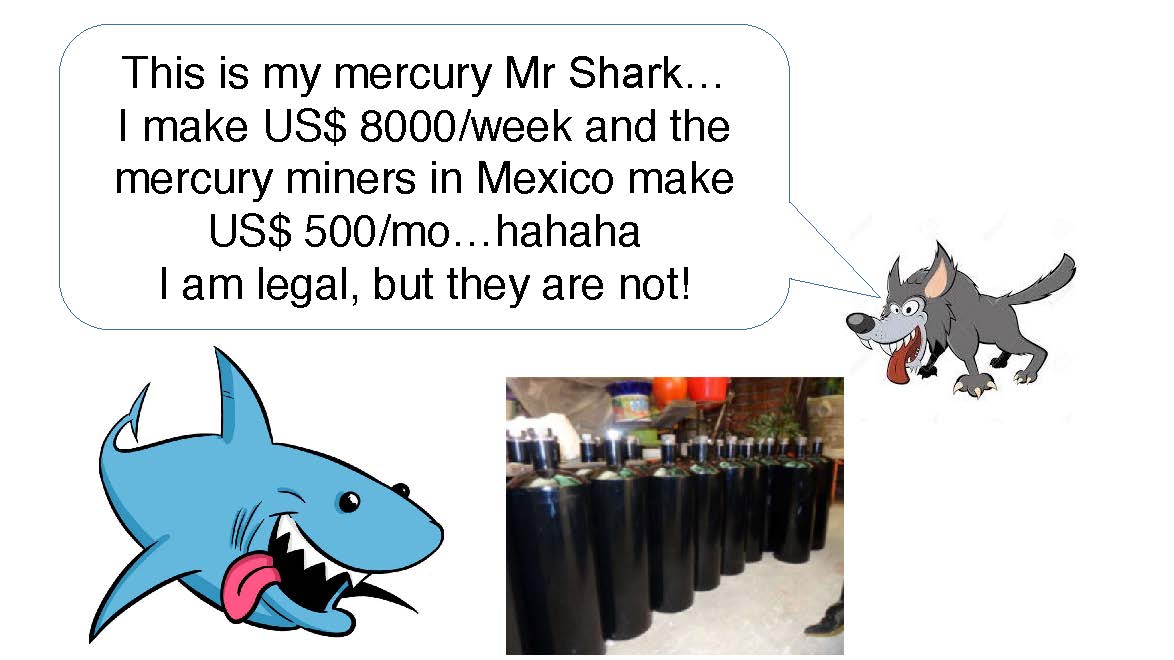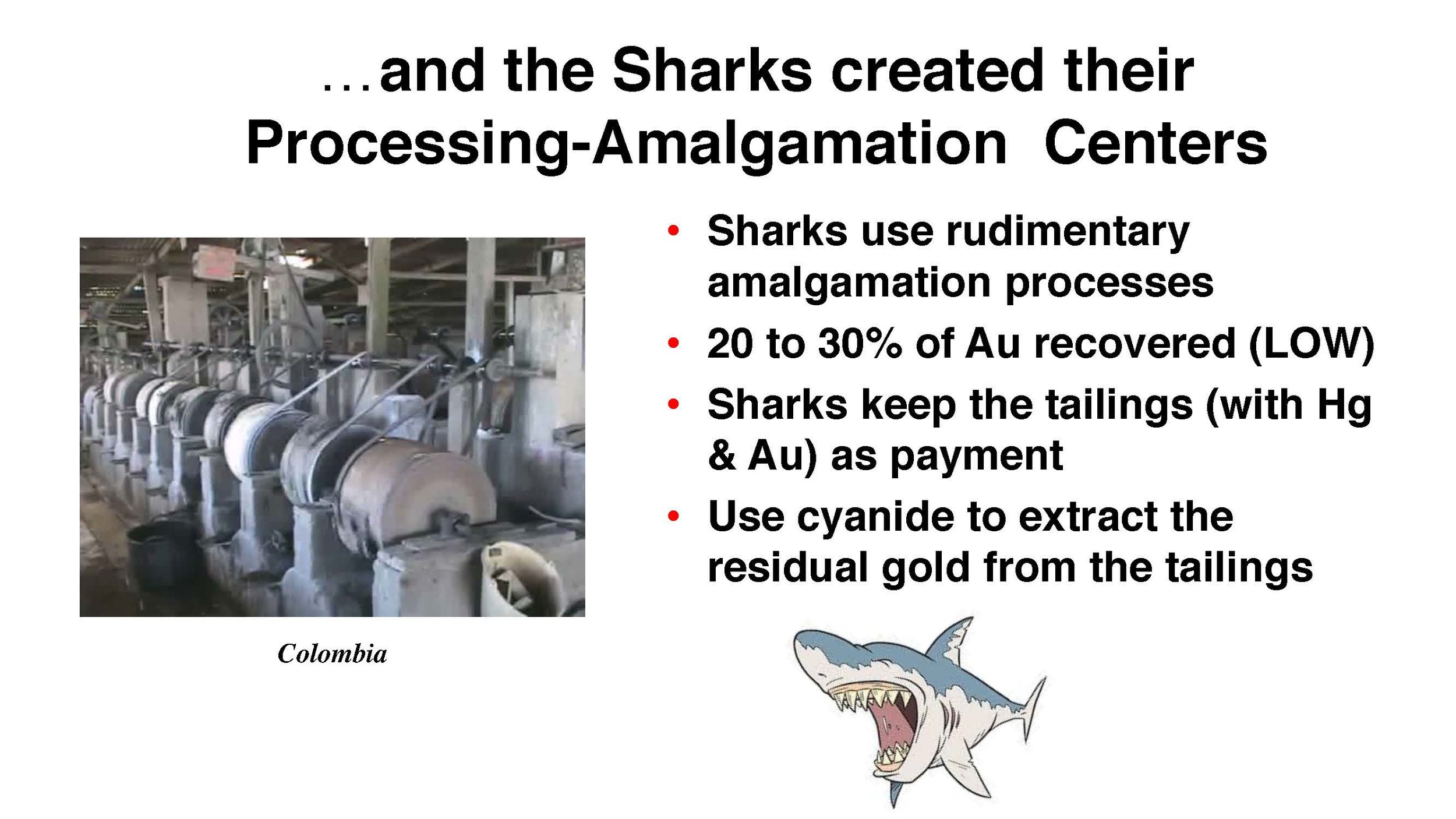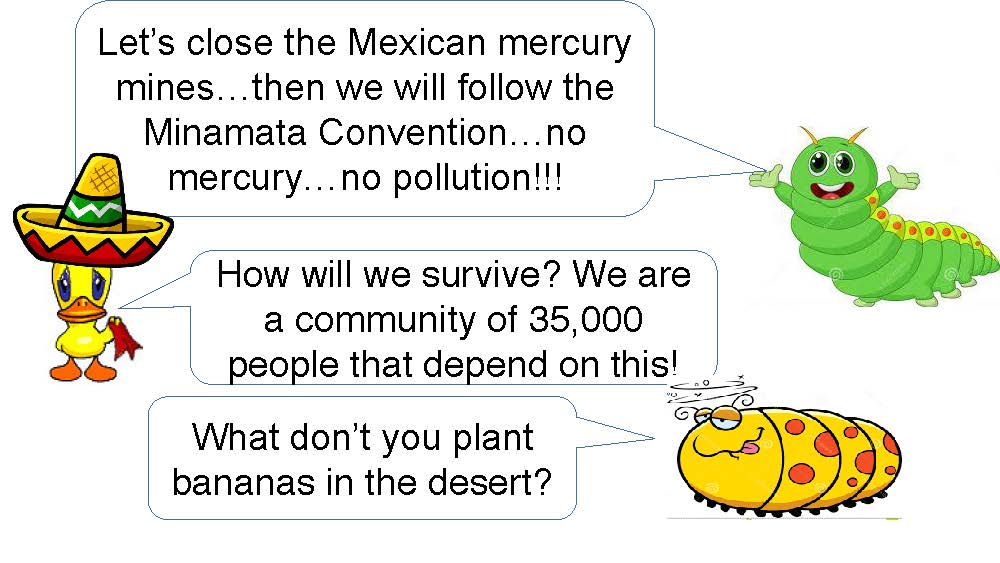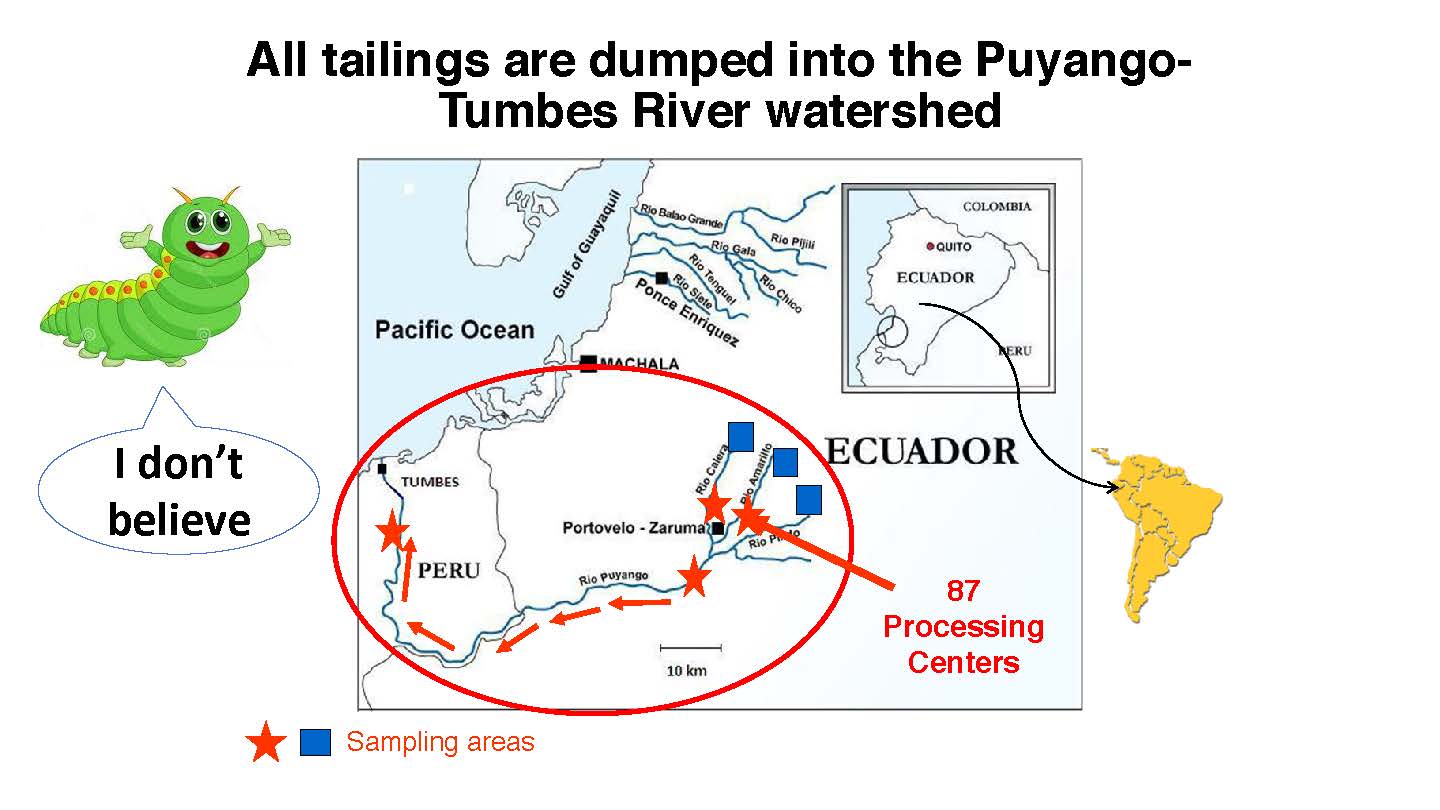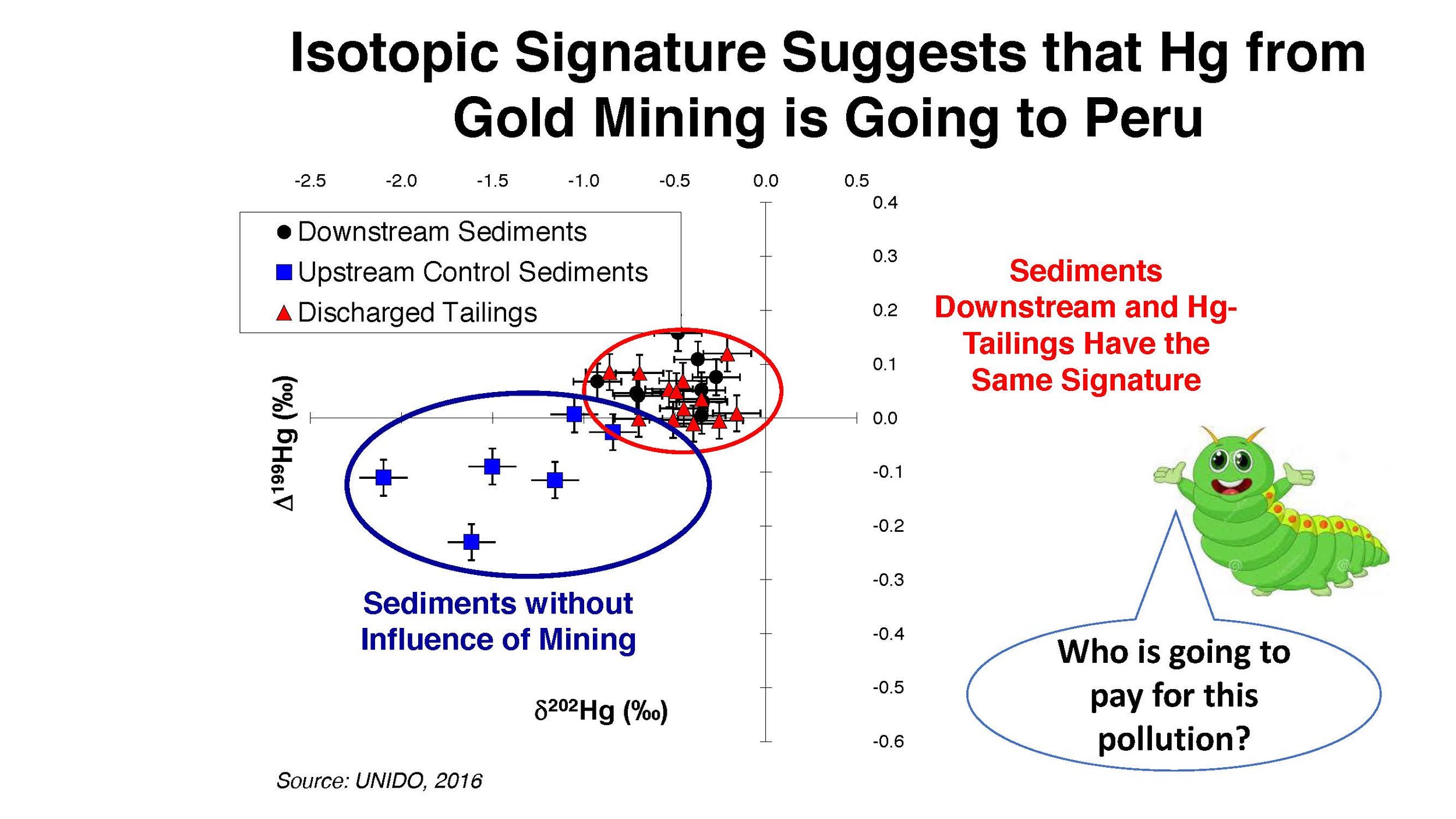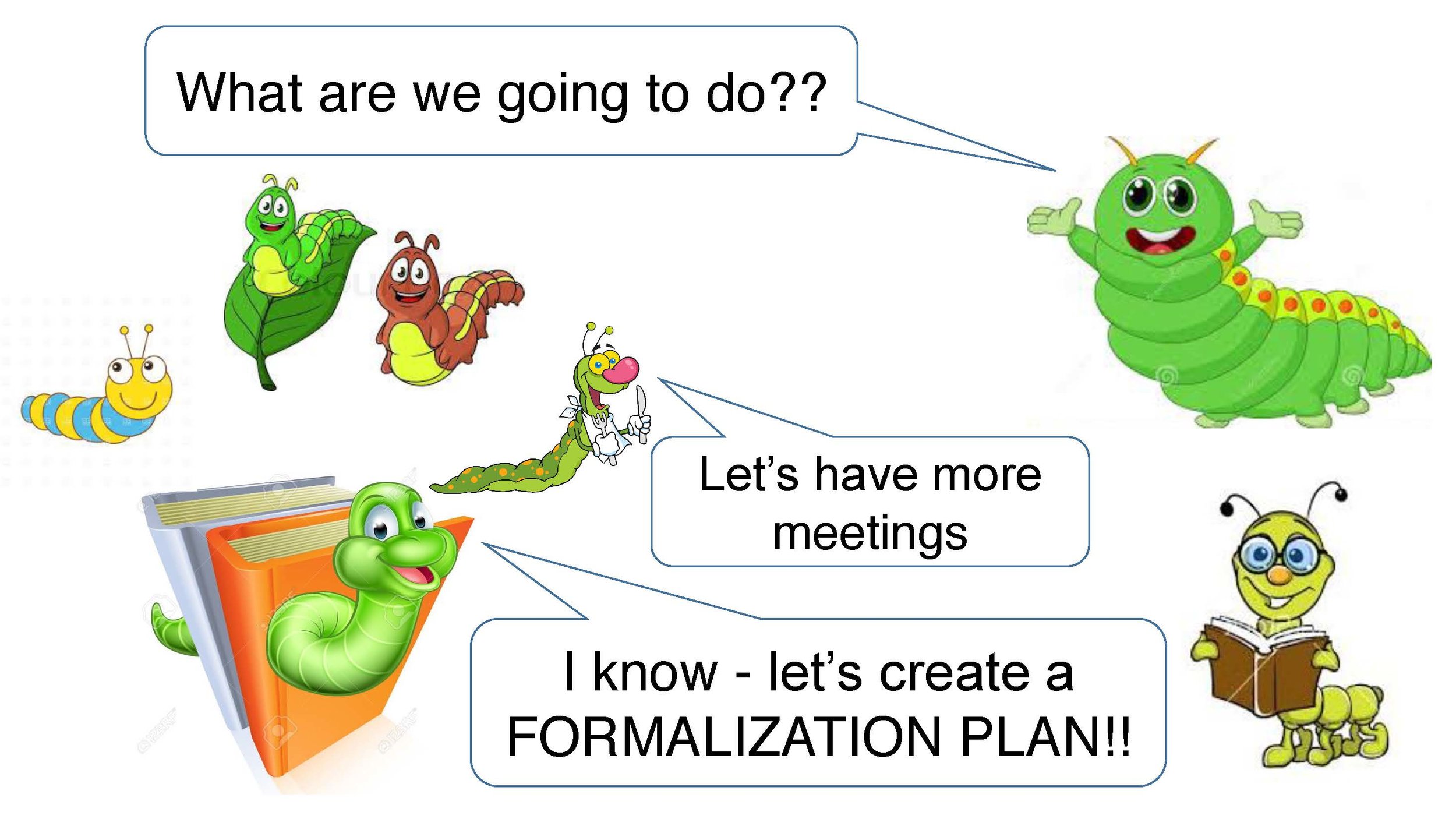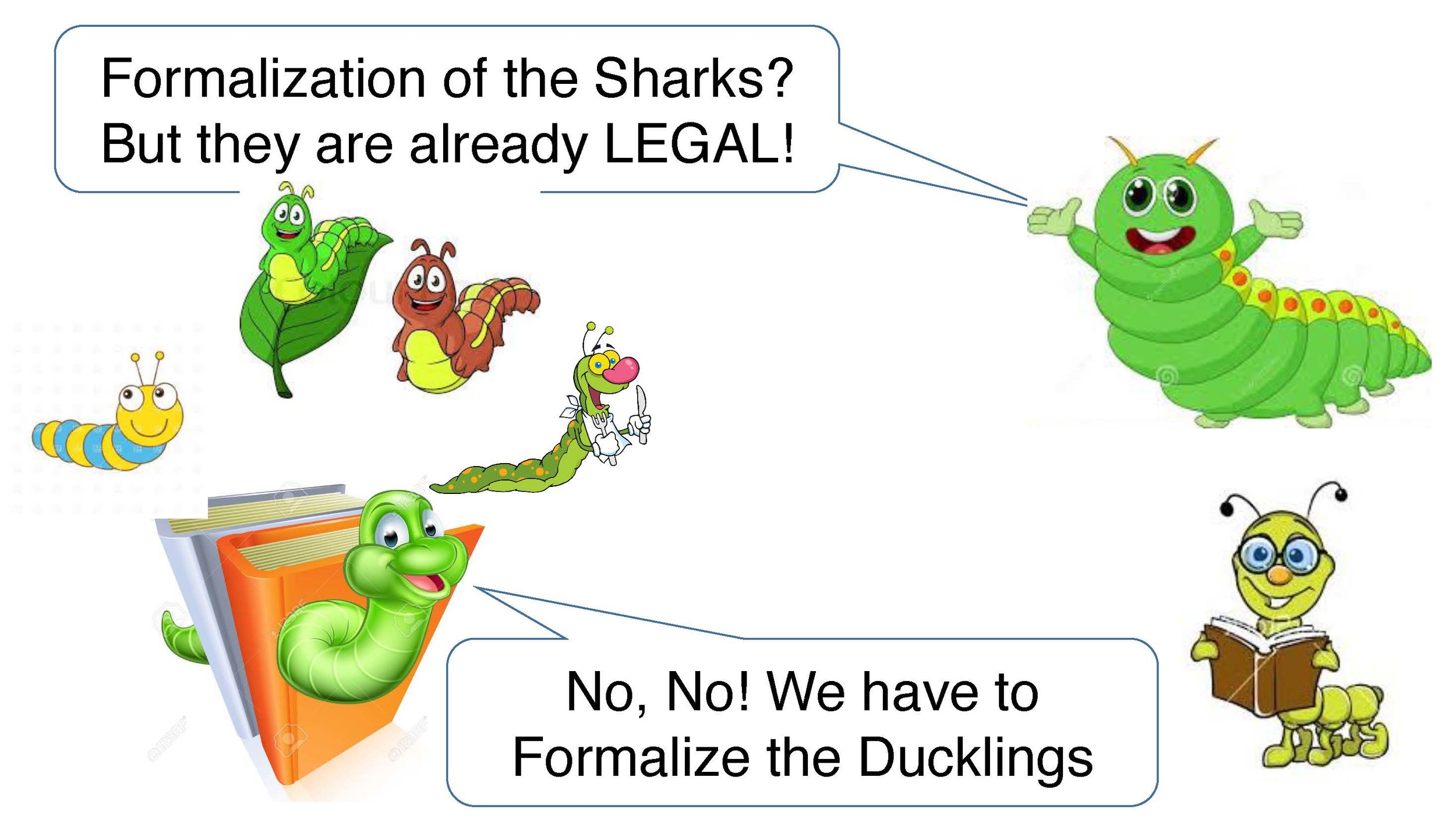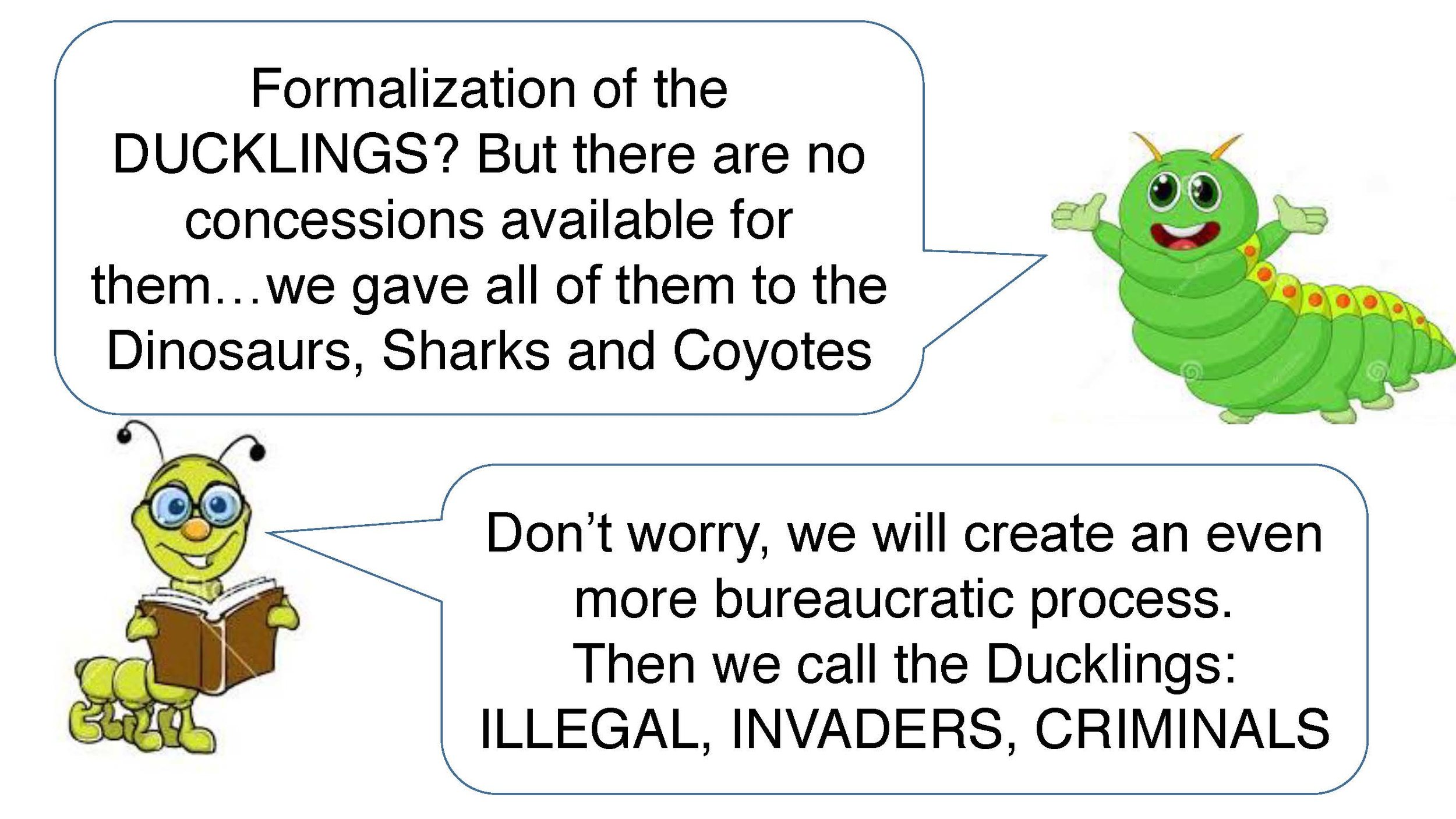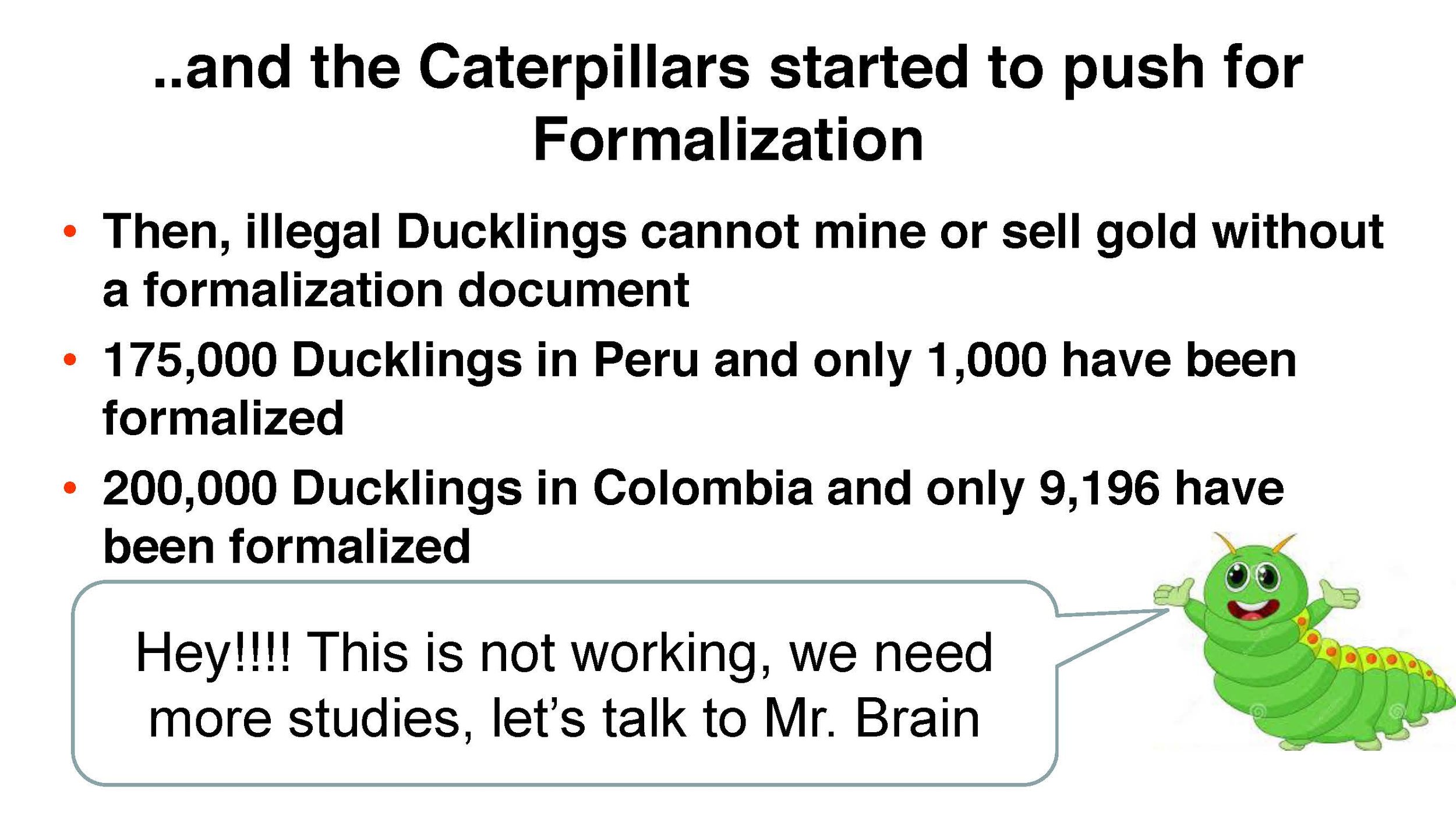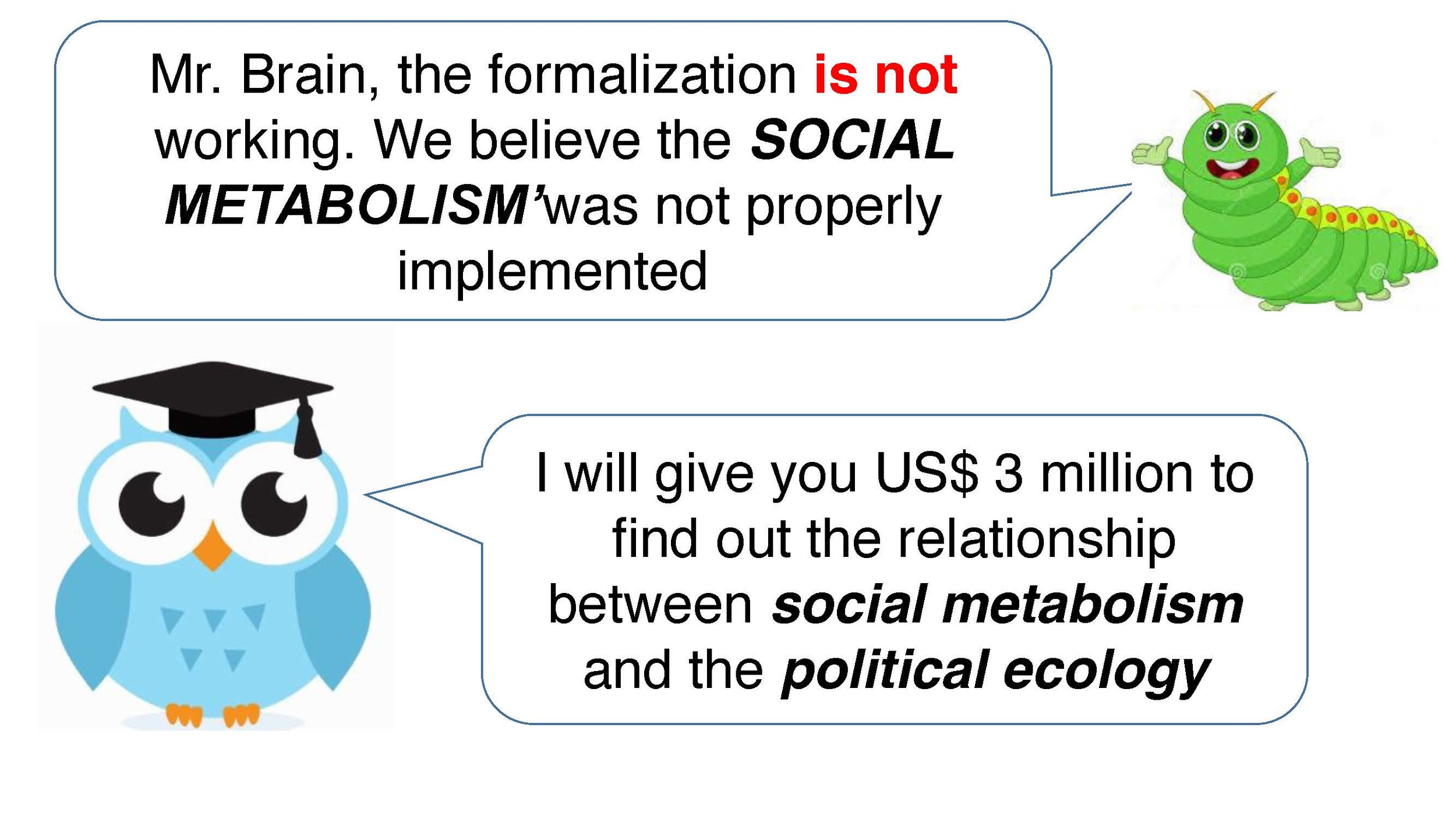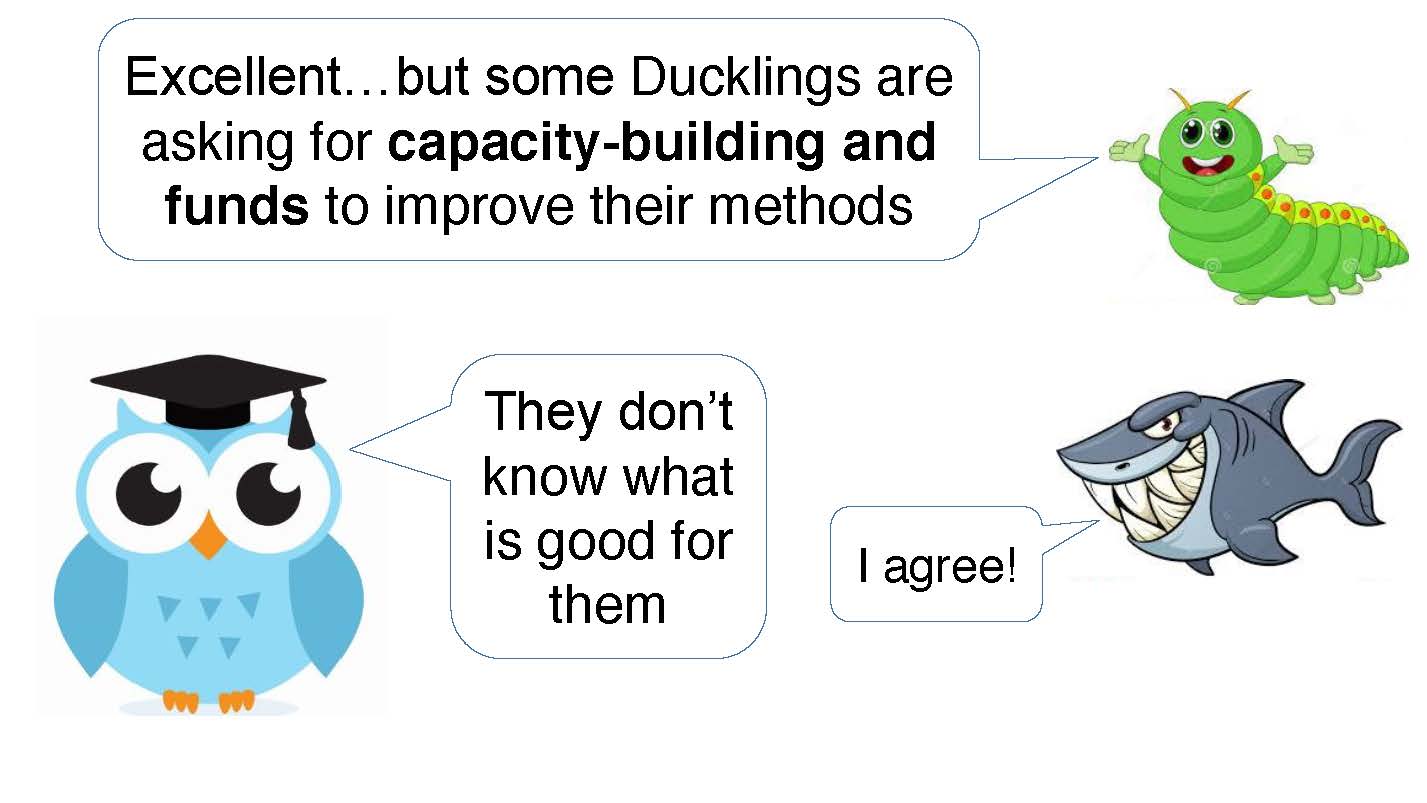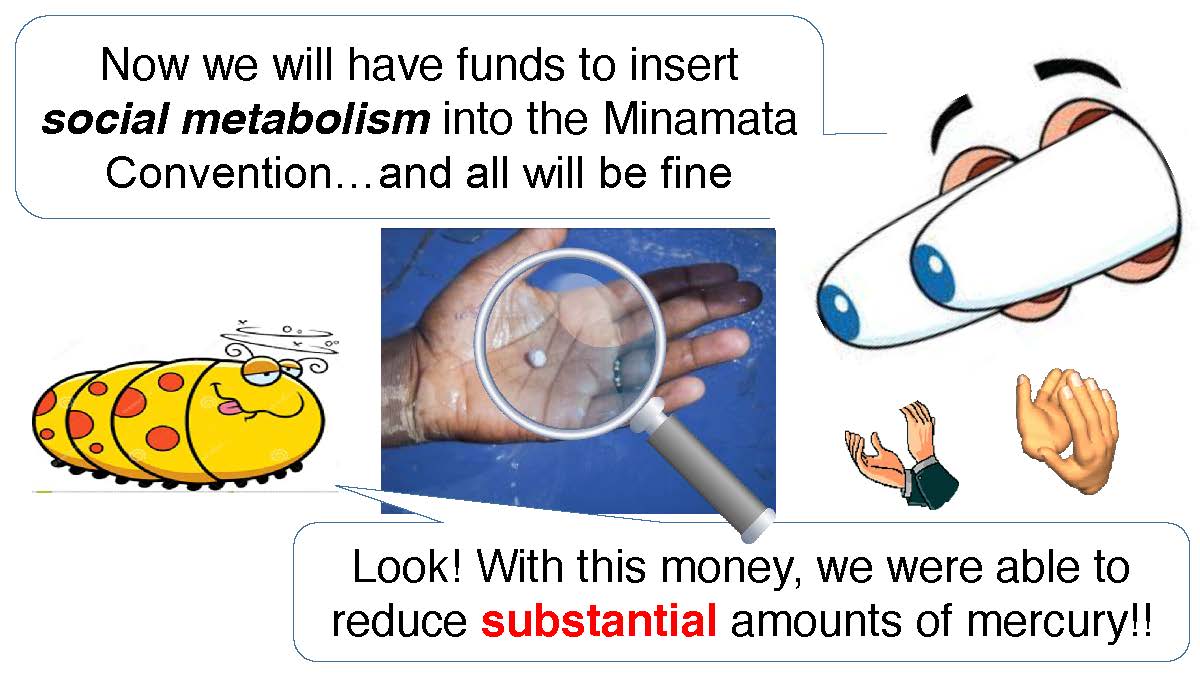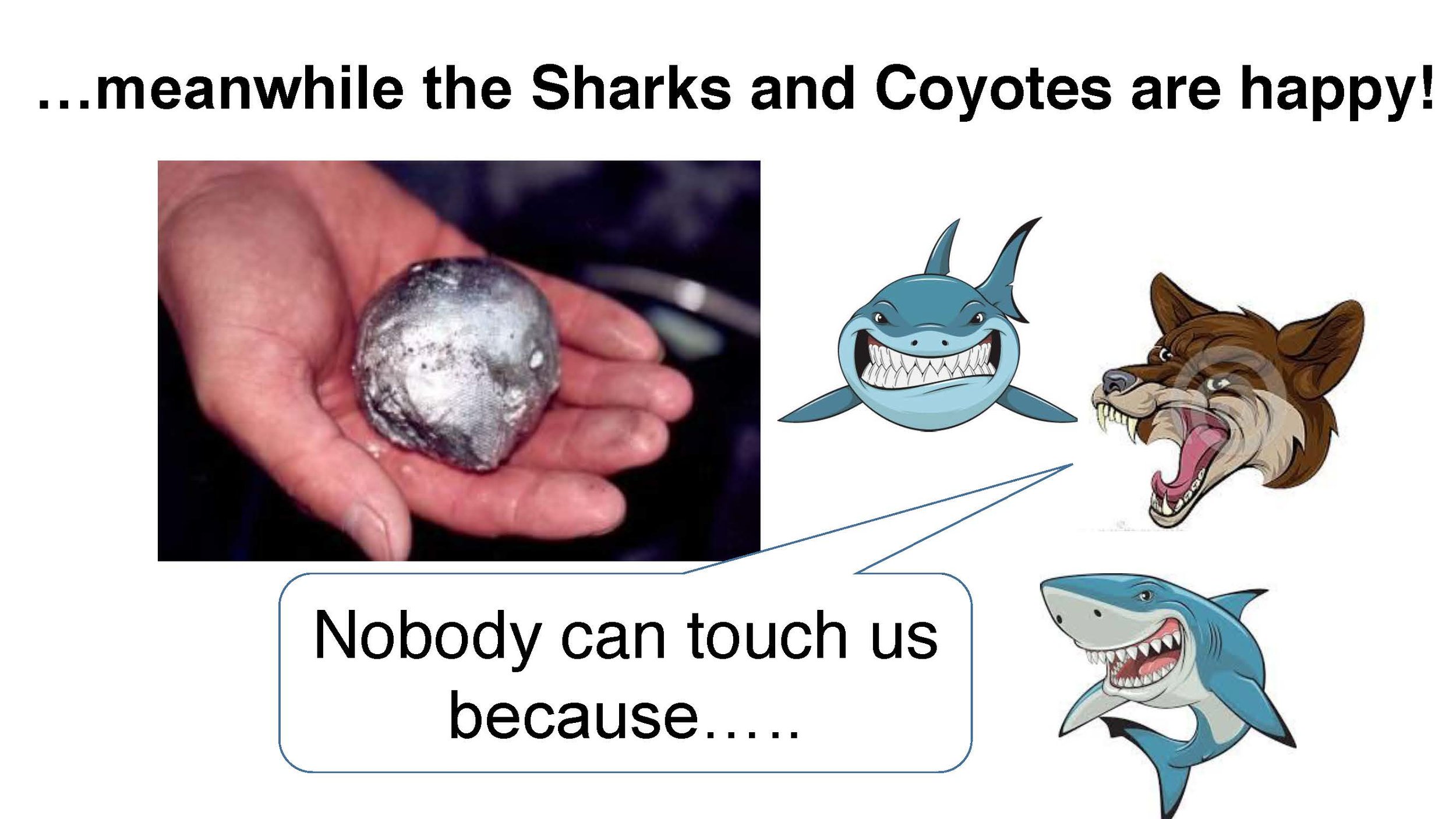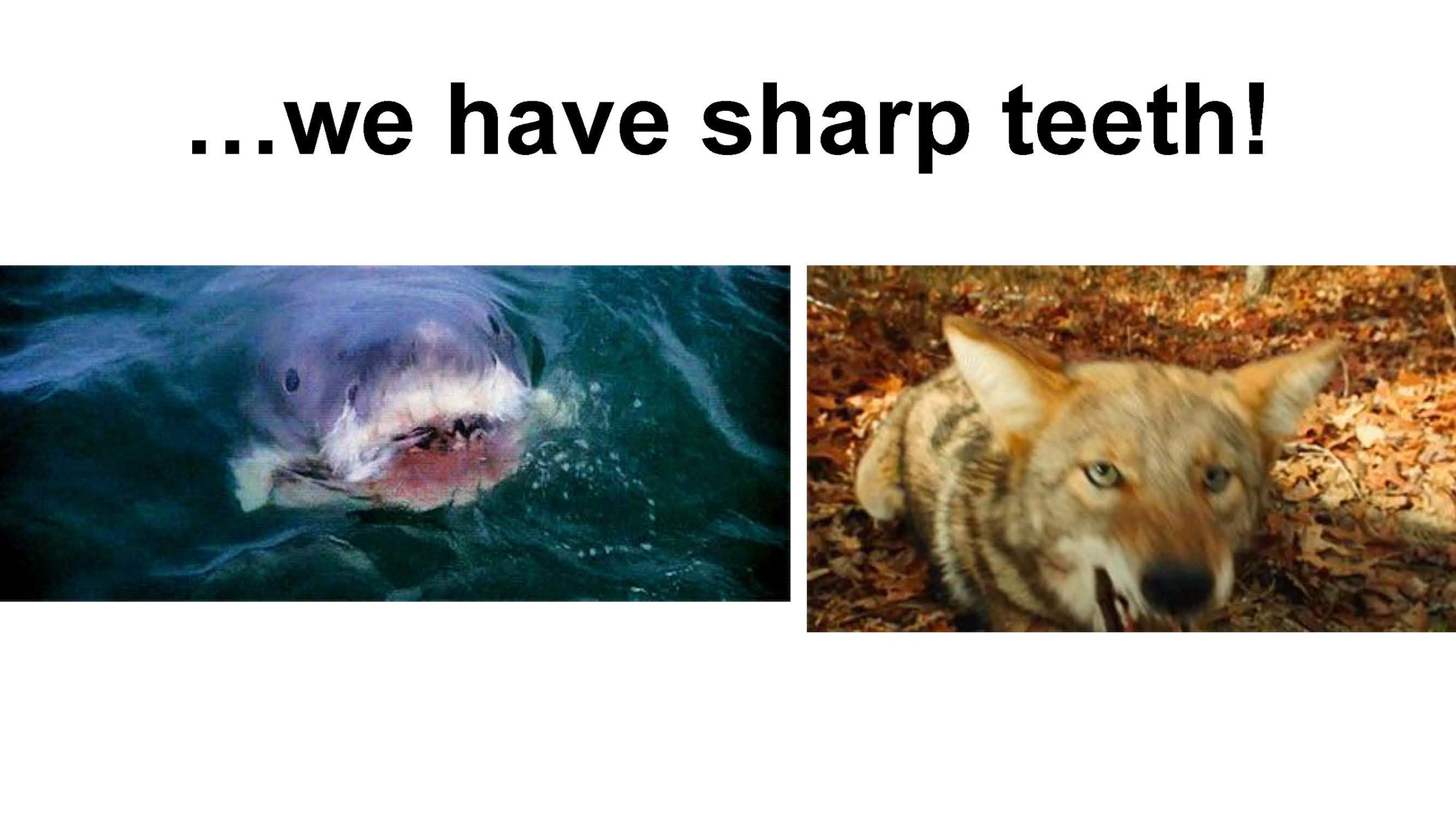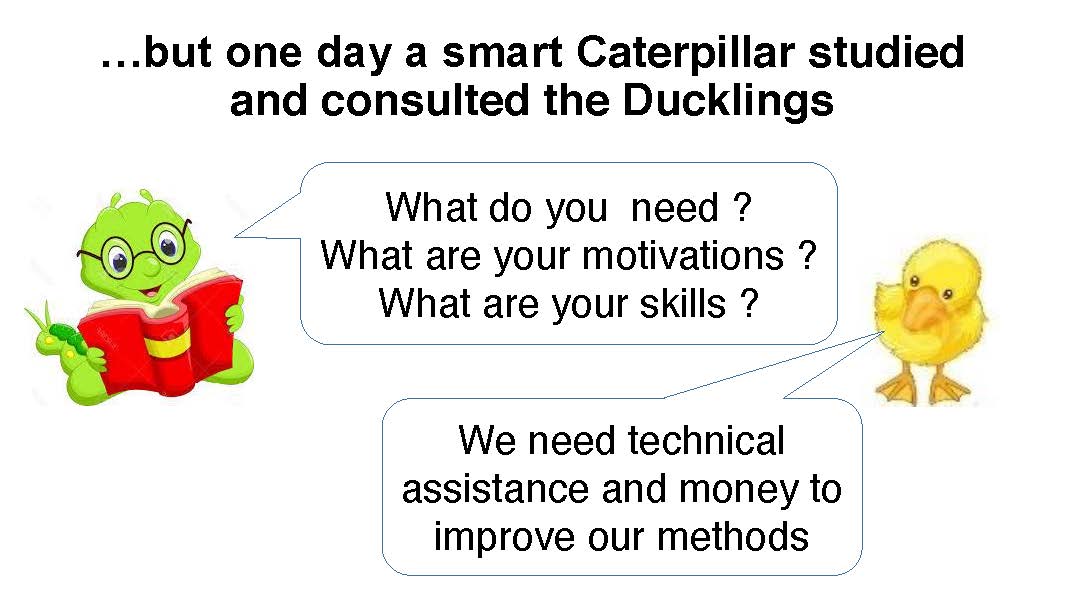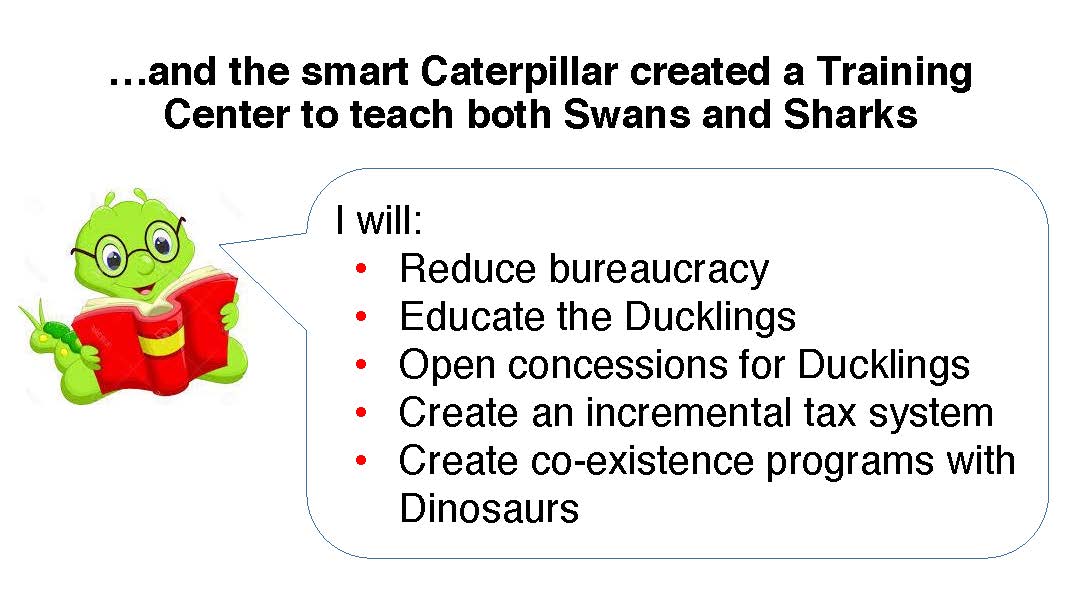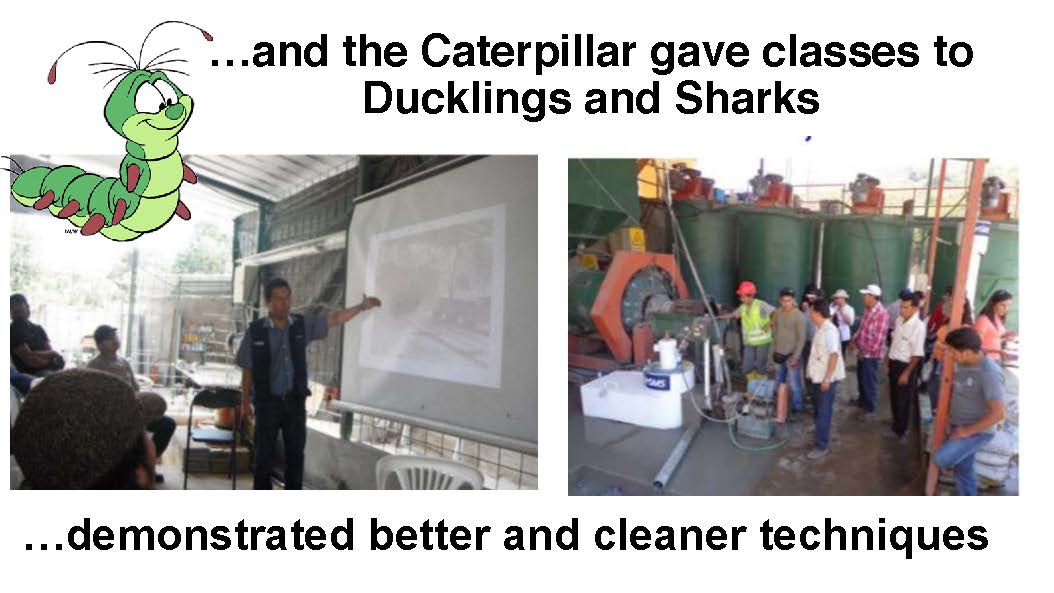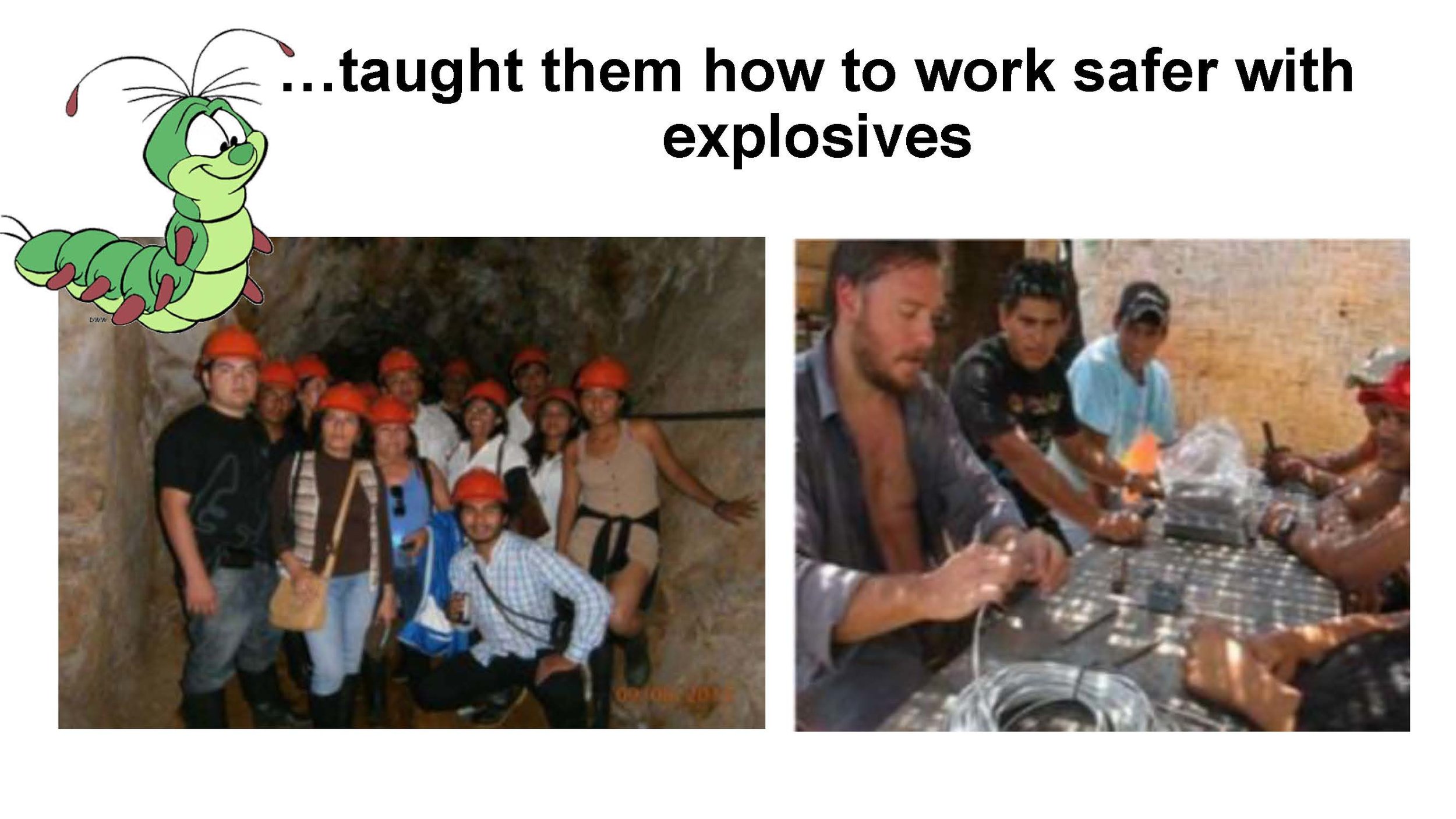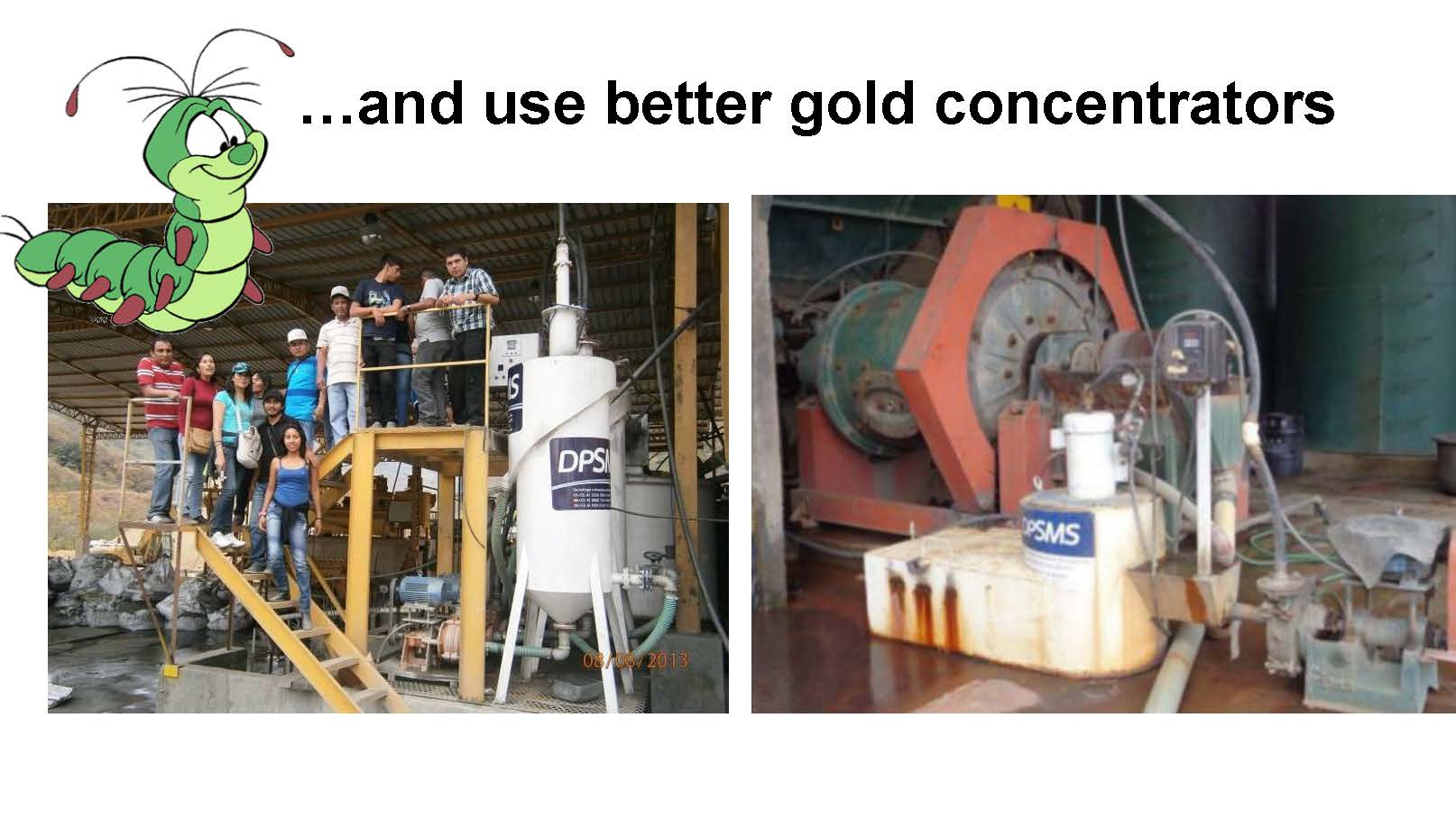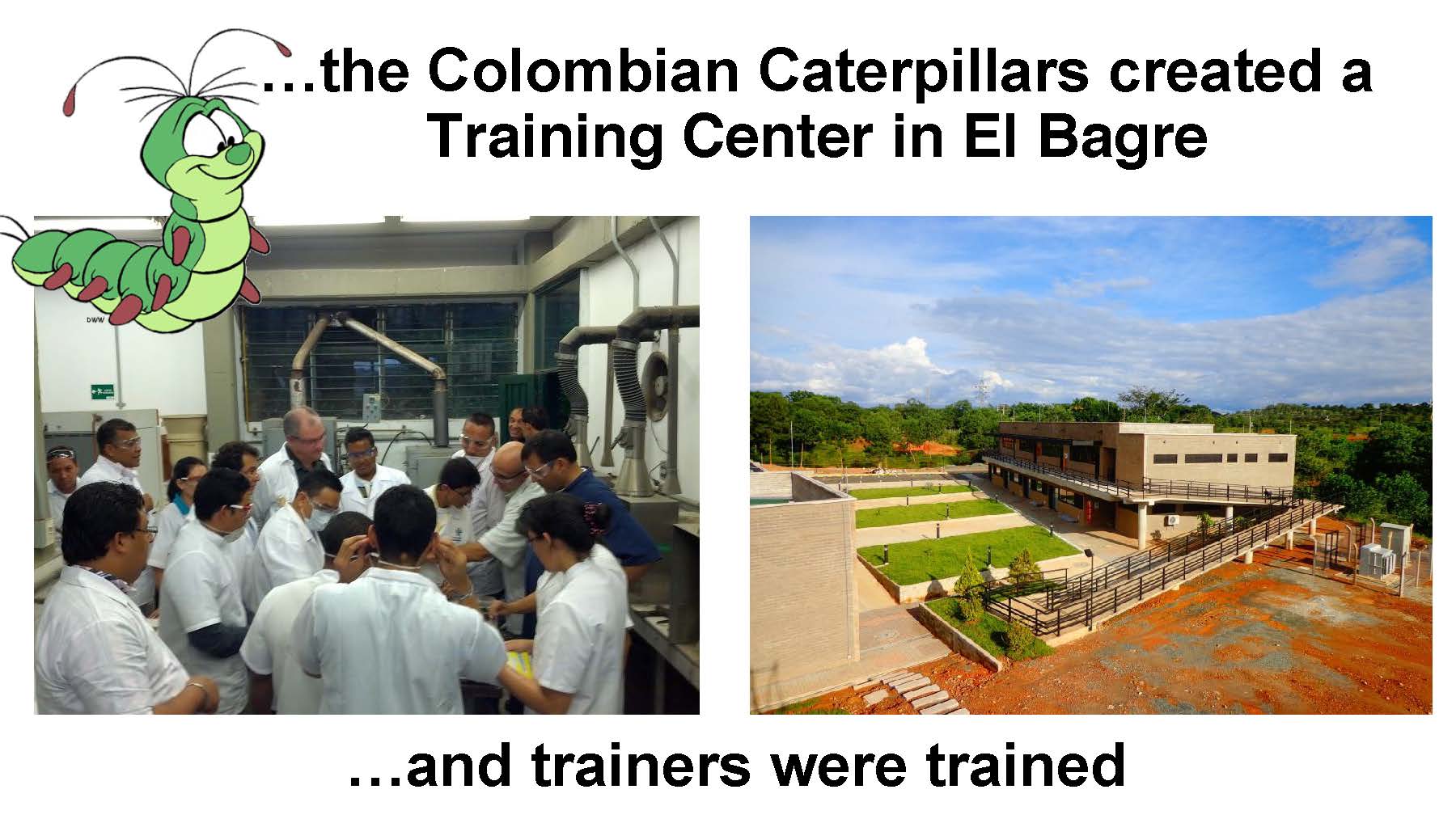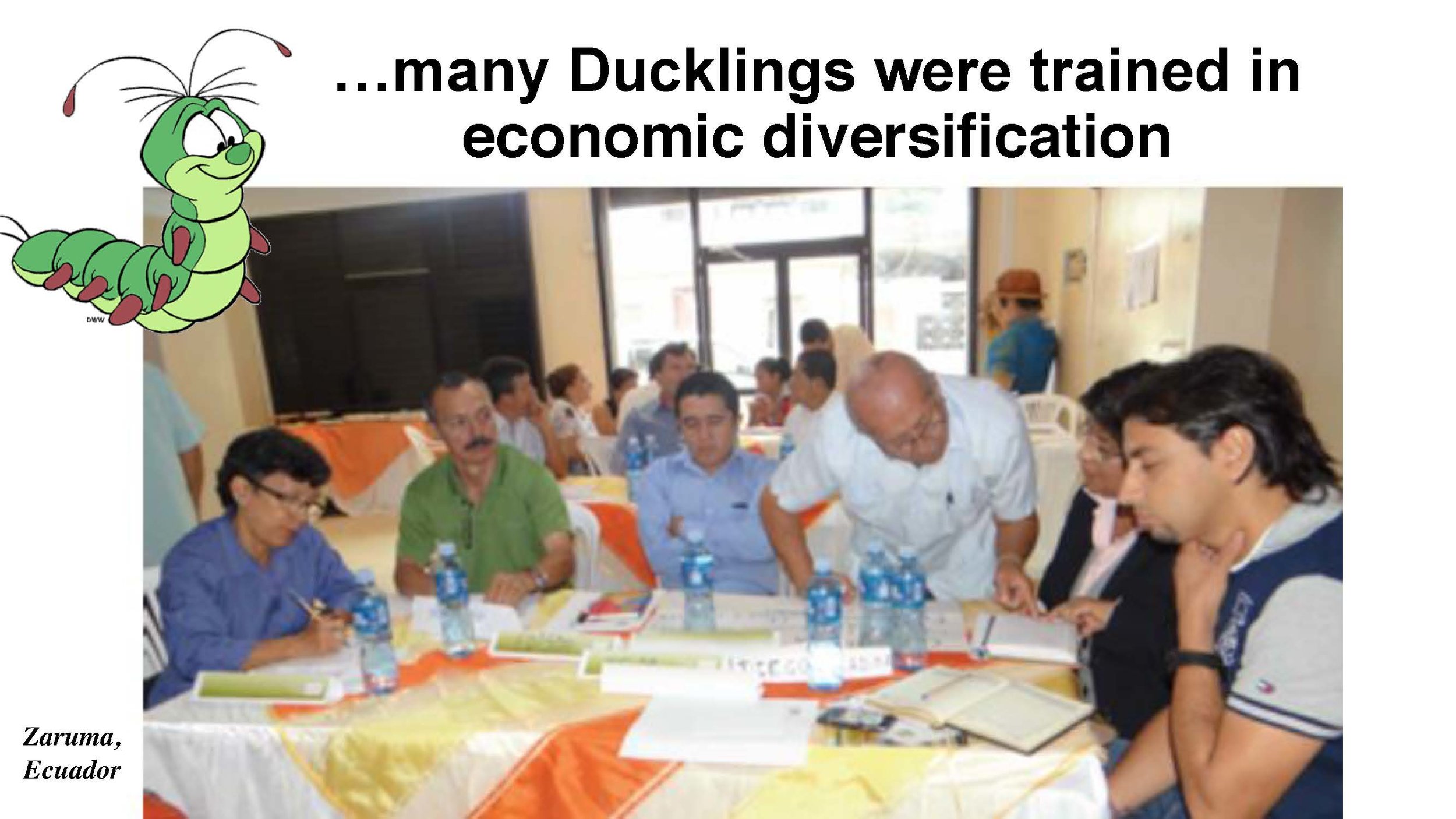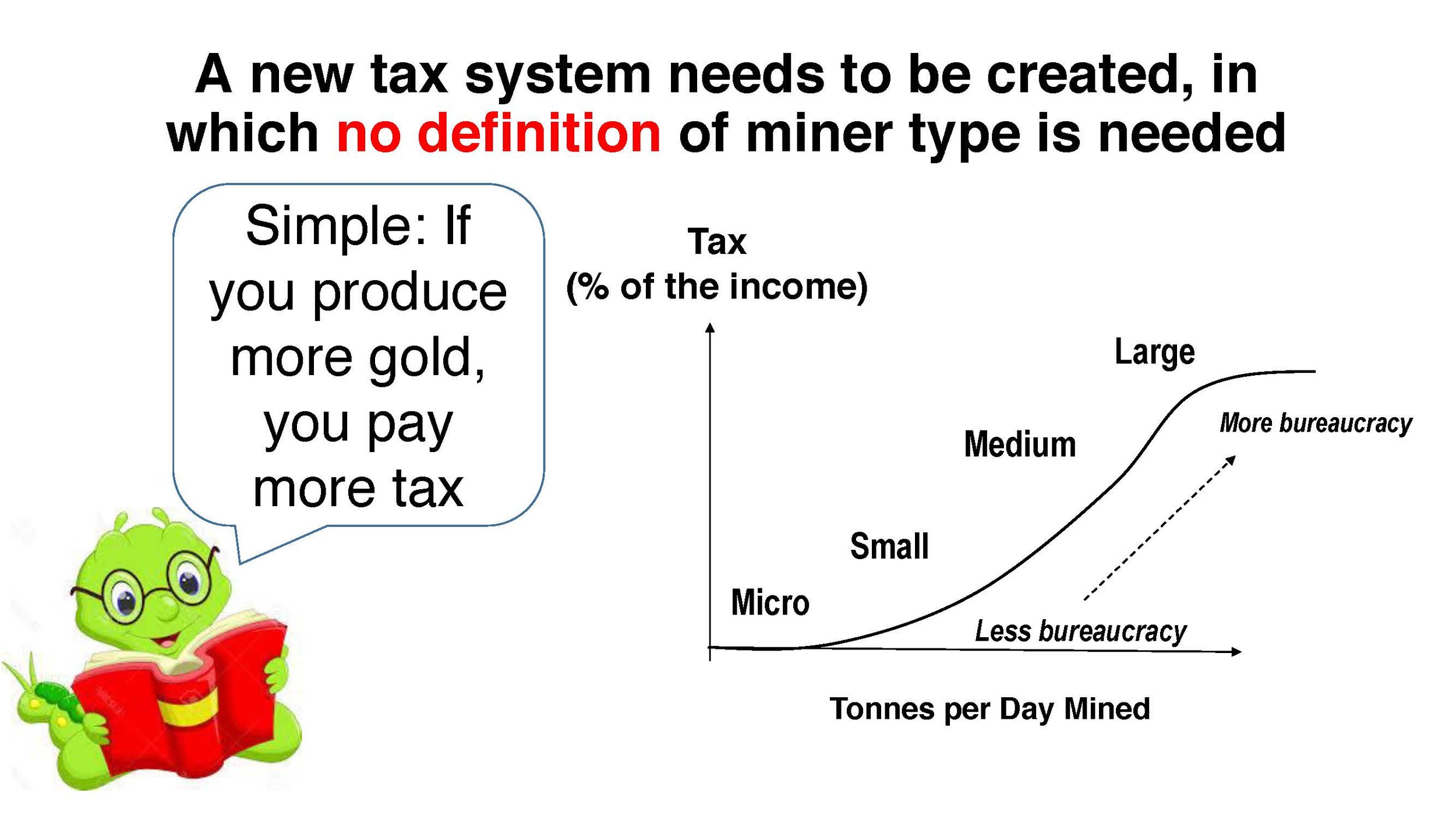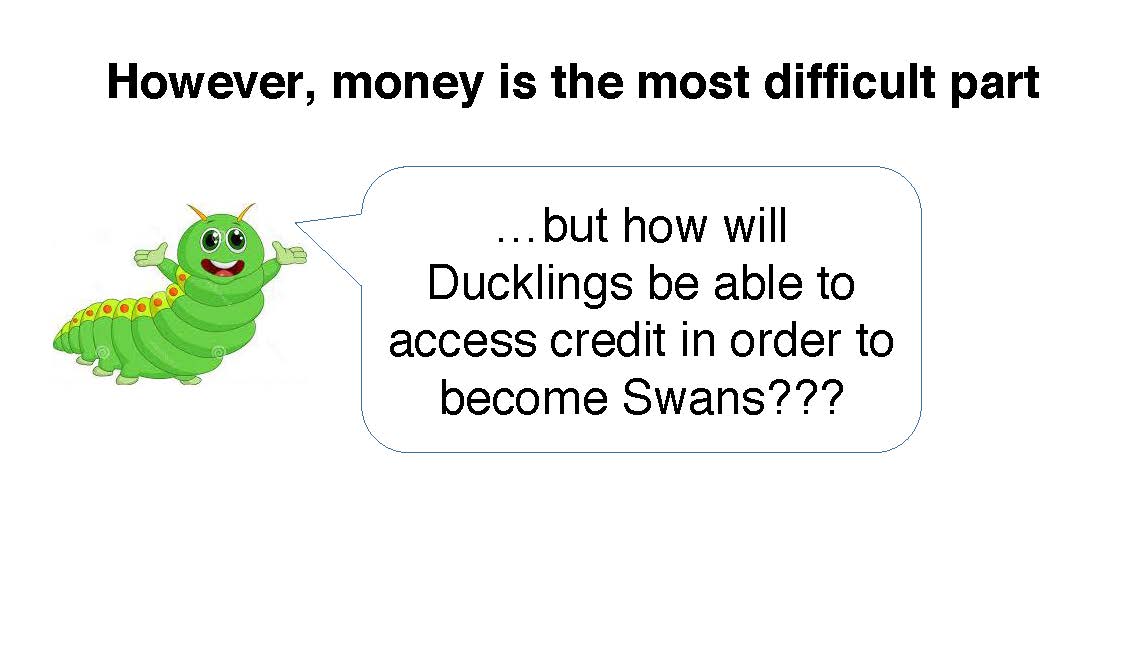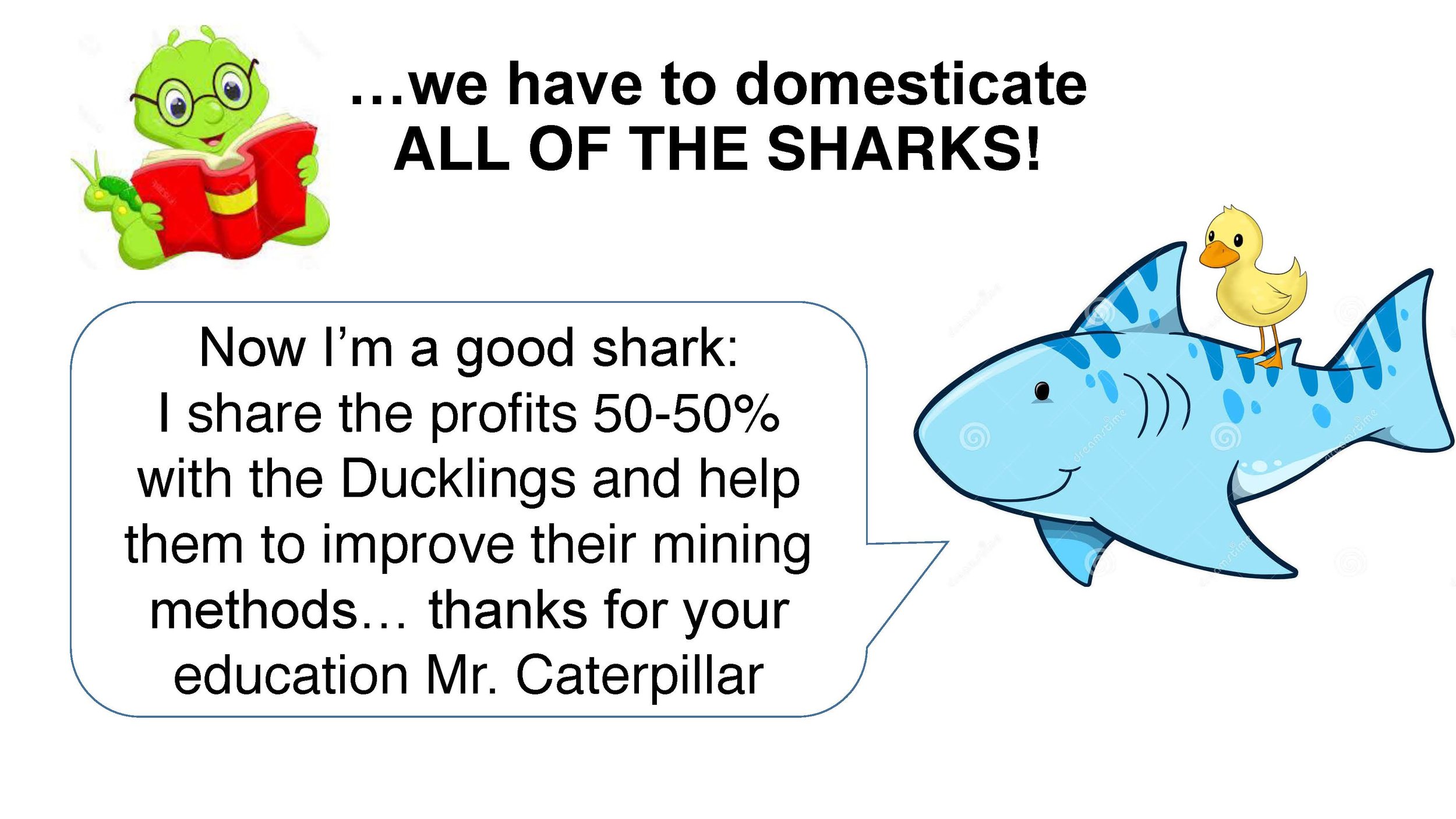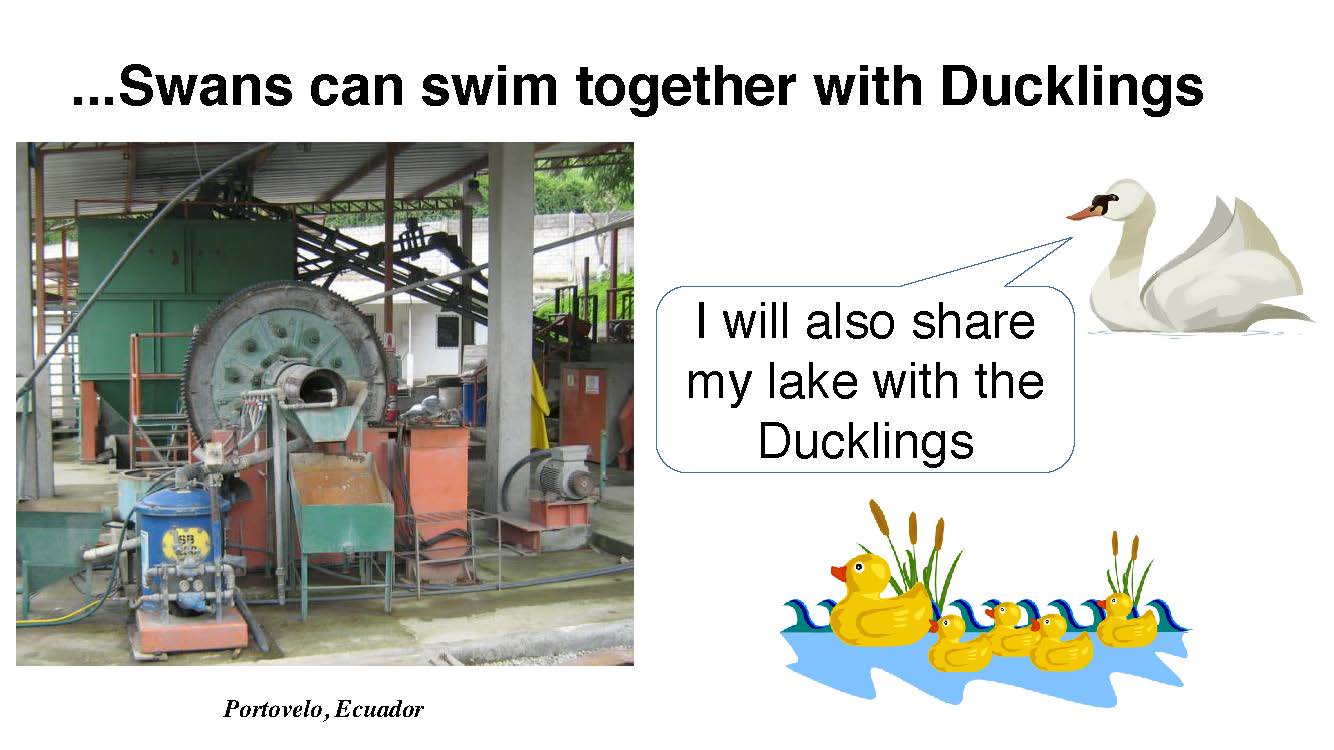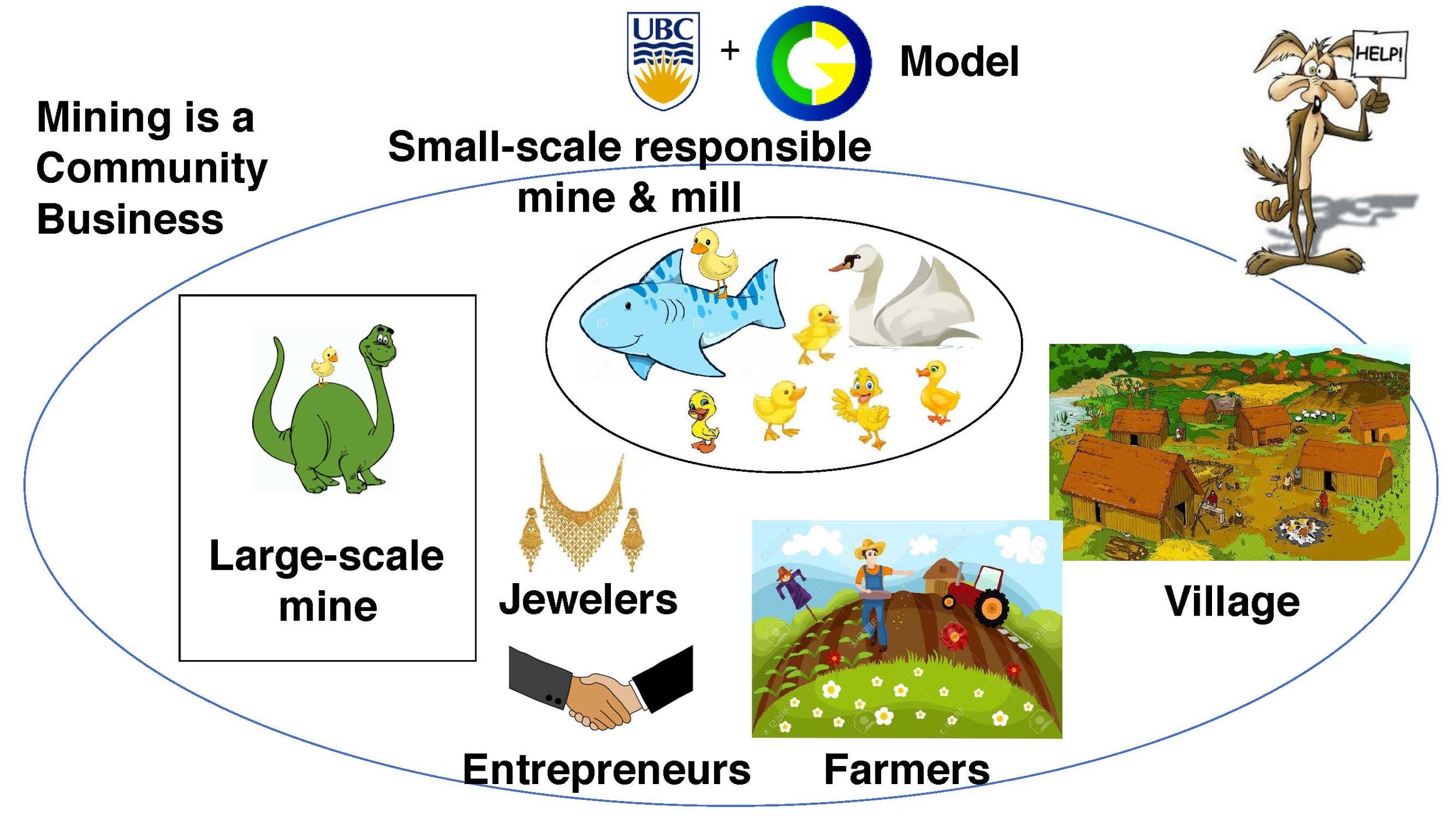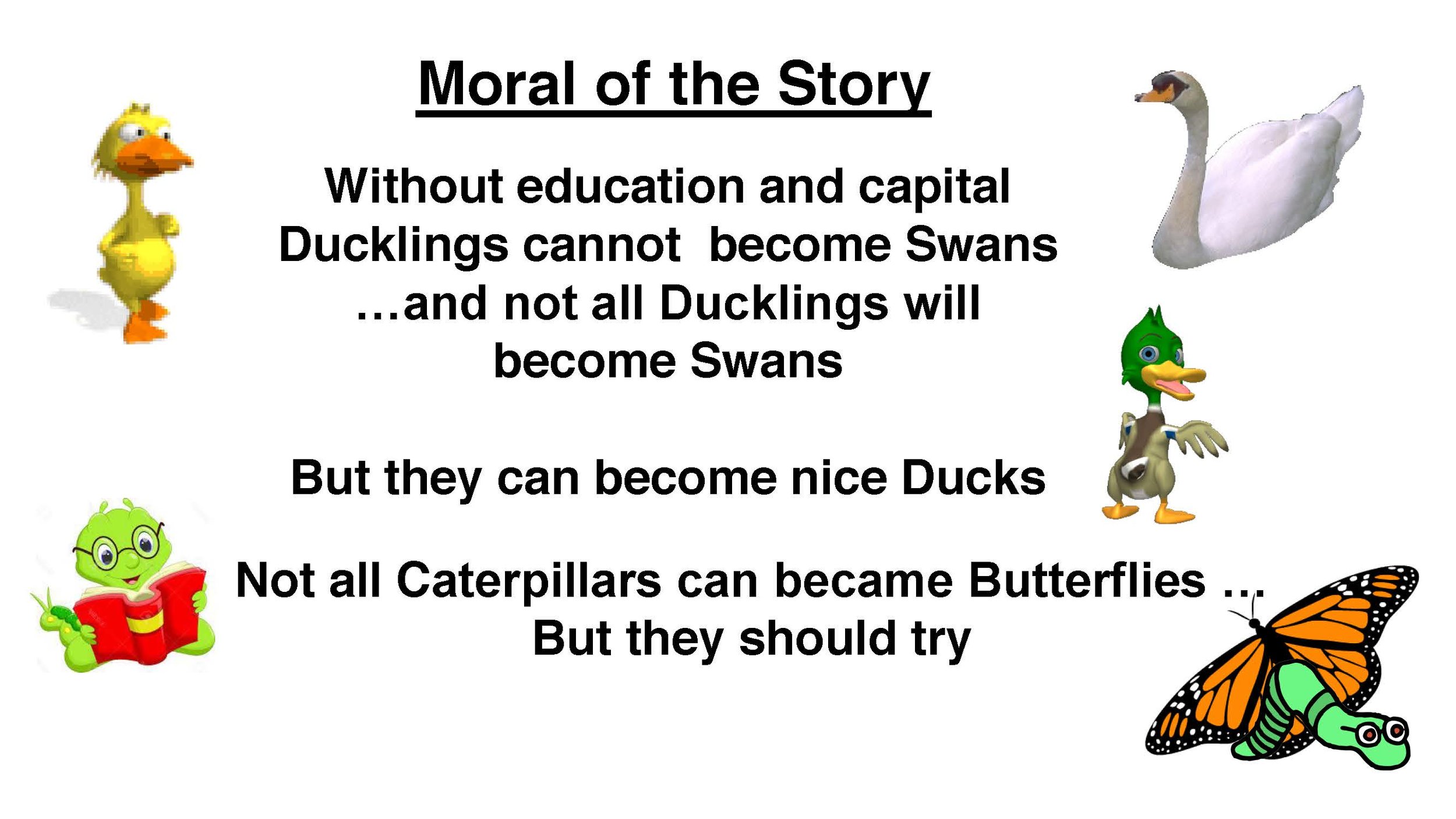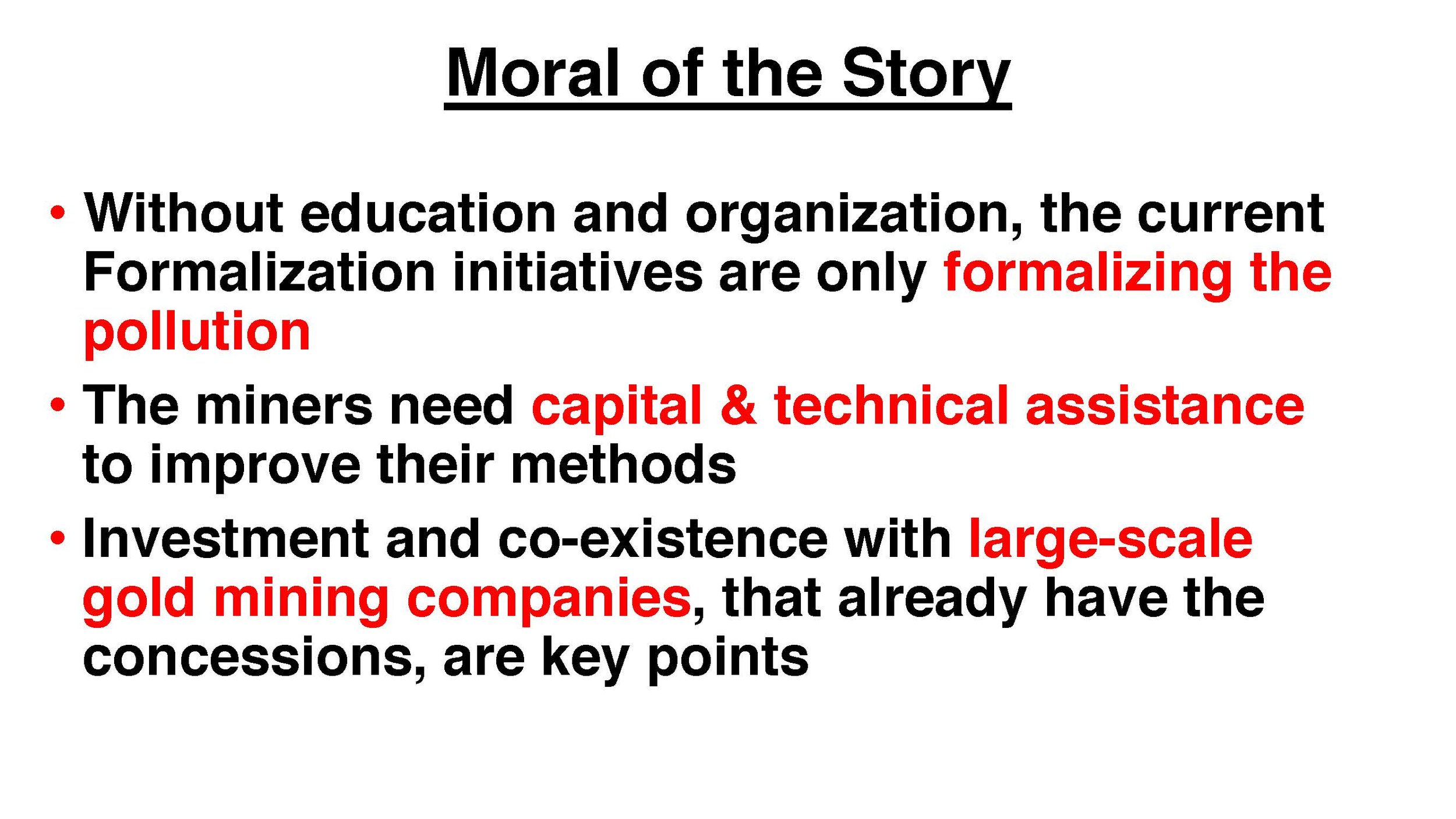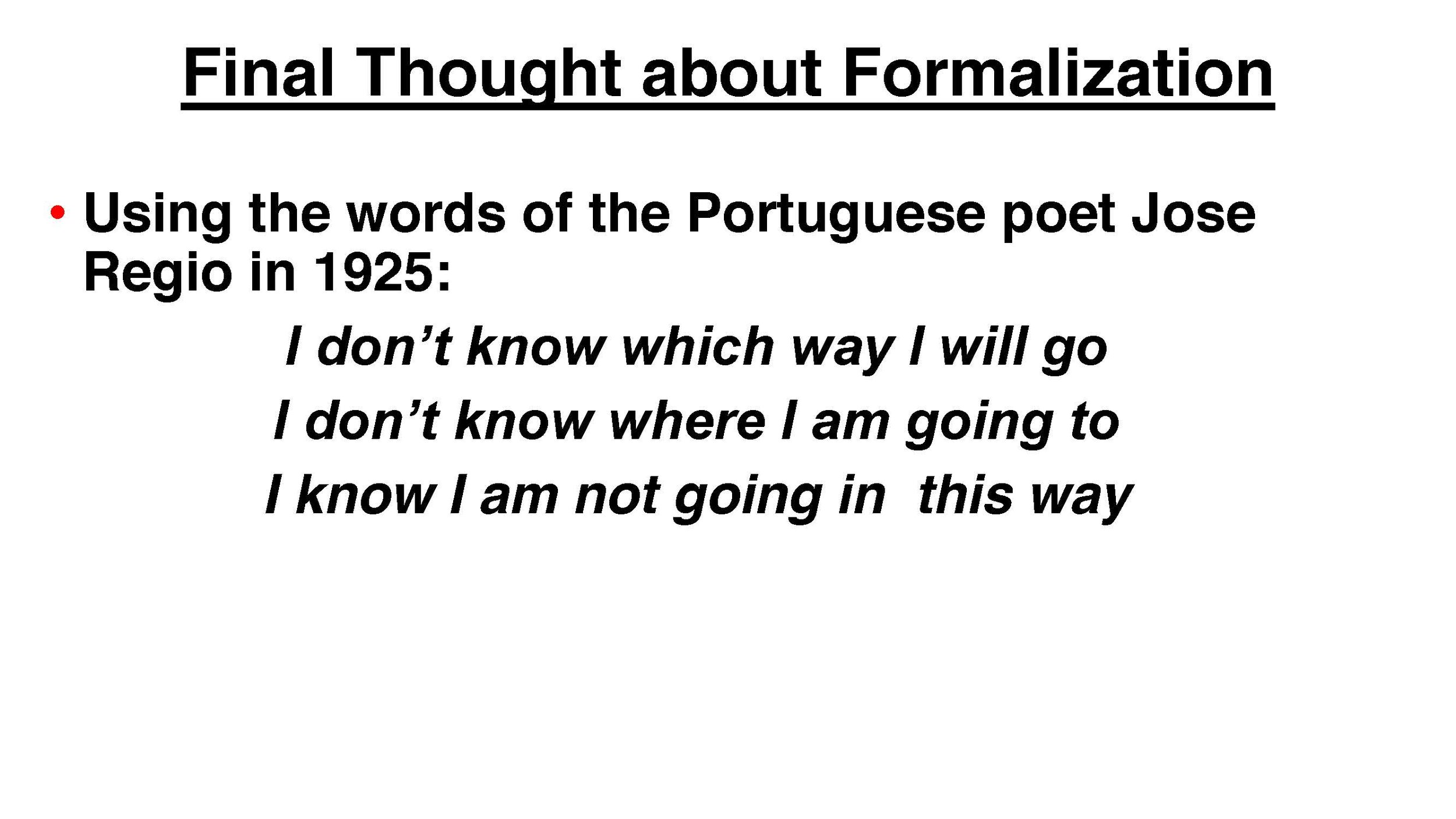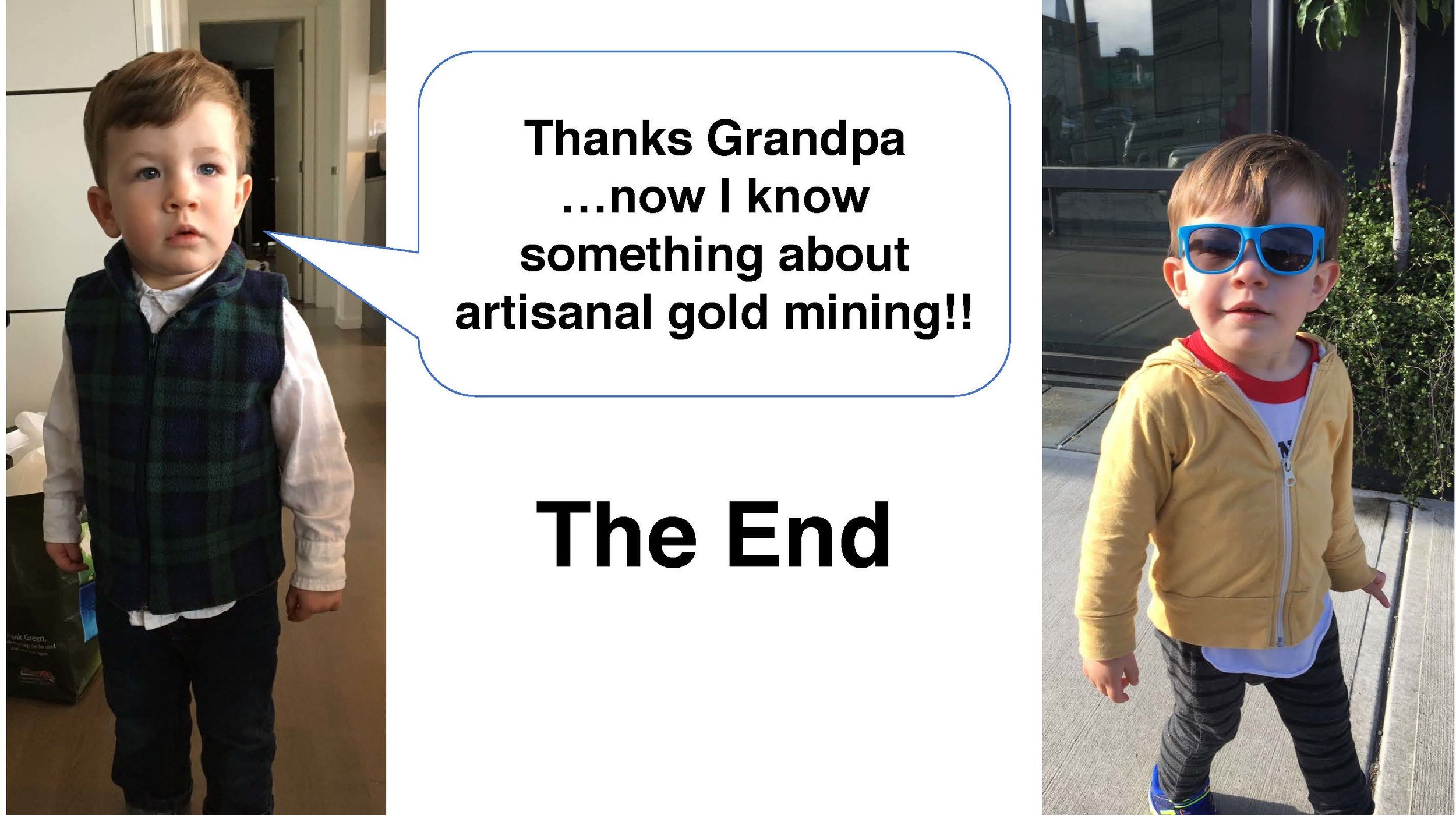Valentina Ruiz Leotaud | Aug. 8, 2017, 10:00 AM
SEF Canada, a Vancouver-based firm that specializes in corporate social responsibility, recently launched a project called “Clean Gold Community Solutions” and it is taking its first steps in Ecuador.
“This is our newest economic development strategy built around artisanal mining communities,” said Suzette McFaul, SEF’s Managing Director. “Acknowledging that artisanal miners are entrepreneurs, we have a solution to assist them to become sustainable businesses. This includes business knowledge, access to funding and technology to process gold.”
Following a series of meetings with local leaders to understand their needs and how they see the future of their community, McFaul and her team are about to sign an agreement to help them update an existing gold processing plant in northern Ecuador to make it safer and more profitable.
Currently, miners in the area mix their ore with mercury and then burn the amalgam that this process yields to recover gold. As they do this with precarious tools, they put themselves in danger and release toxic chemicals into the environment. Additionally, SEF has determined that their recovery rate is about 30 to 40 per cent and their selling price is a fraction of the spot price.
Thus, the Canadian experts are proposing a less harmful and greener method that would help them reach gold yields of 90 per cent. This new approach, which has been endorsed by leading researchers at the University of British Columbia, switches mercury for cyanide in the recovery process.
The logic behind this proposal is that the environmental impacts of cyanide are considerably less severe than those of mercury because the substance quickly breaks down into less toxic chemicals when exposed to sunlight and air.
The first challenge to implementing this project, which is breaking down people’s skepticism, has been overcome, McFaul said. However, other challenges are still in place, namely “investors believing we can do this.”
Nevertheless, McFaul told MINING.com that people in Colombia, Mali, Suriname, Guyana, Kenya, among other countries, have expressed interest in knowing more about Clean Gold Community Solutions.
Reciprocal relationship
McFaul was clear. “SEF is a for profit model. We need the community to be successful to get paid.”
Relying on her expertise in the Sirolli Enterprise Facilitation methodology, she said she and her team usually wait to be invited to communities that are looking to build an economy that is not reliant on corporate or government initiatives. “We need to hear what they need. Not what we think they need.”
In the case of mining towns specifically, McFaul said their focus is on capacity building that looks towards achieving two main goals. First, to help the community implement more environmentally friendly systems that increase small-scale miners’ earnings; second, to support the development of non-mining related businesses and local start-ups that have a better than 80 per cent chance of retention even after five years and that help guarantee that the community will continue to thrive regardless of fluctuations in commodity prices and also once the finite resource they are working with is exhausted.
“We are entrepreneurs ourselves. We know what it is like to be in the trenches (pun intended) fighting to make money and sustainable enterprises. We know fear. We are willing to get down and walk beside them,” McFaul said.



